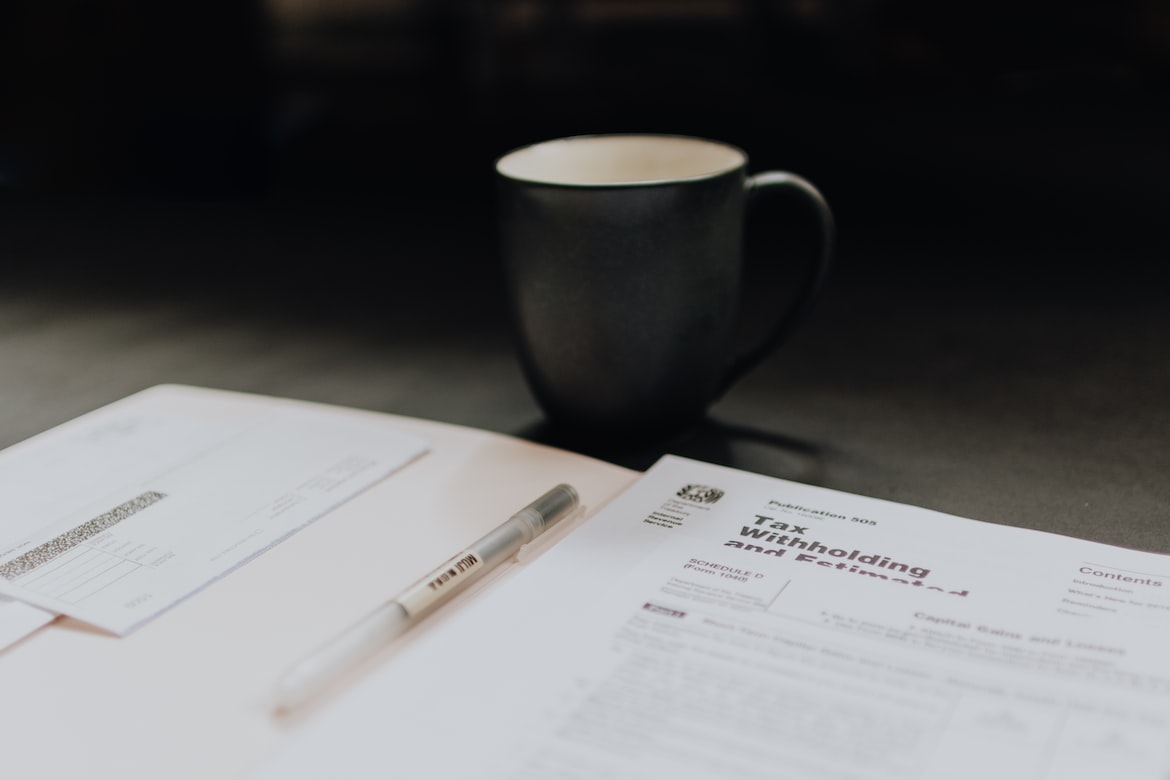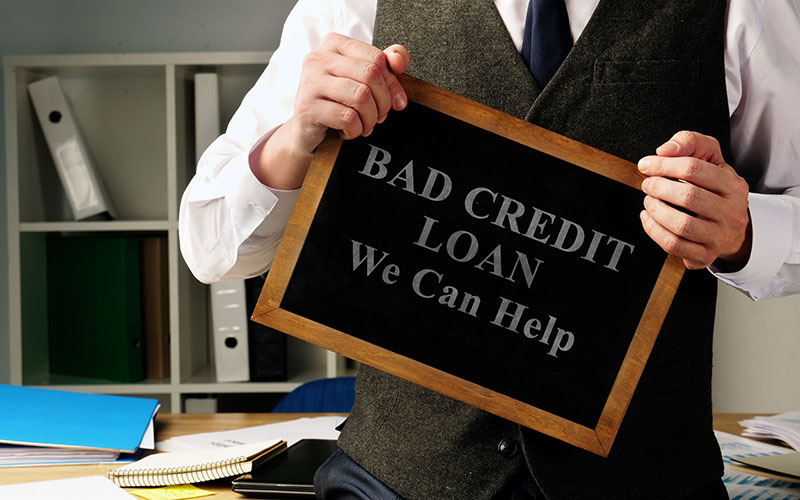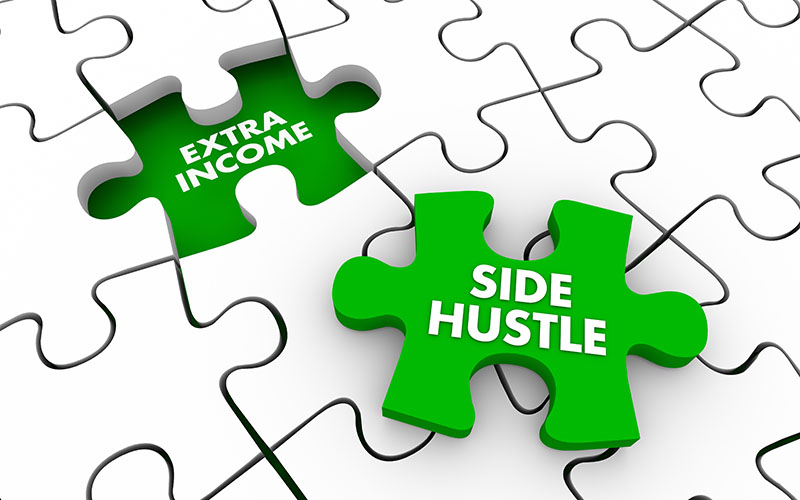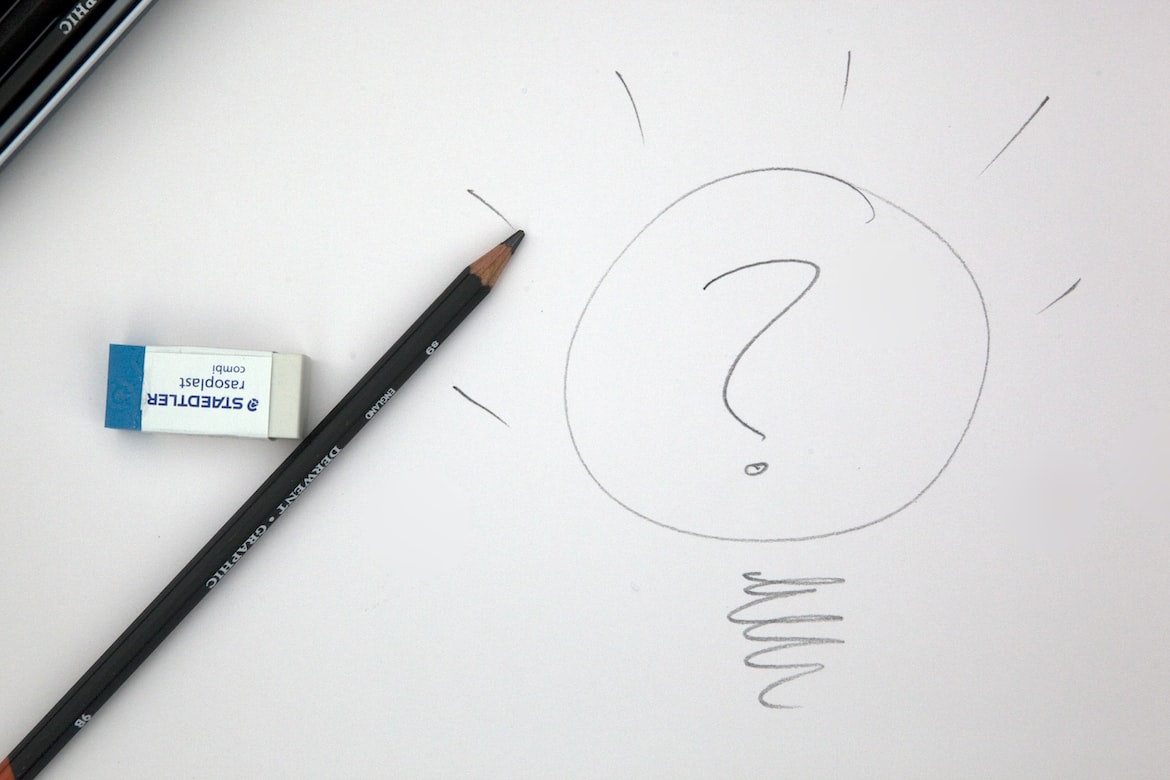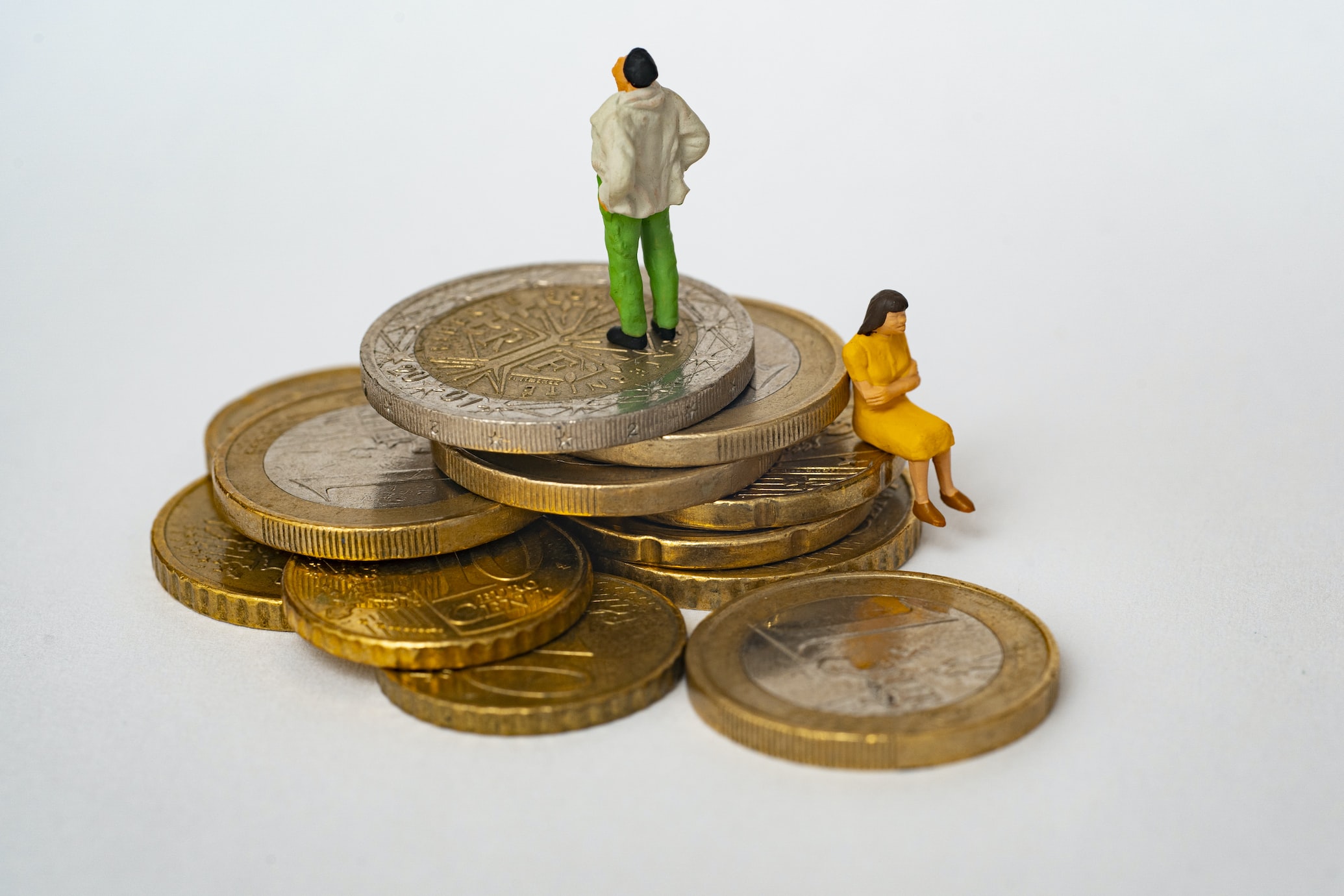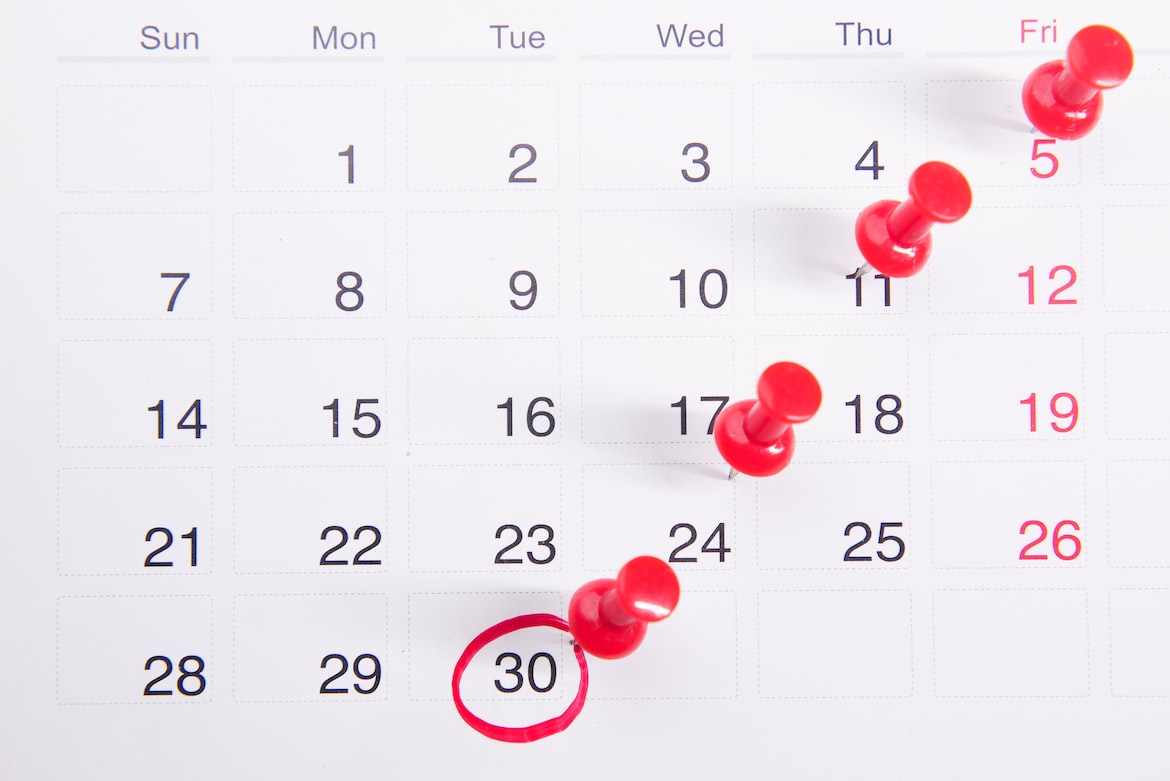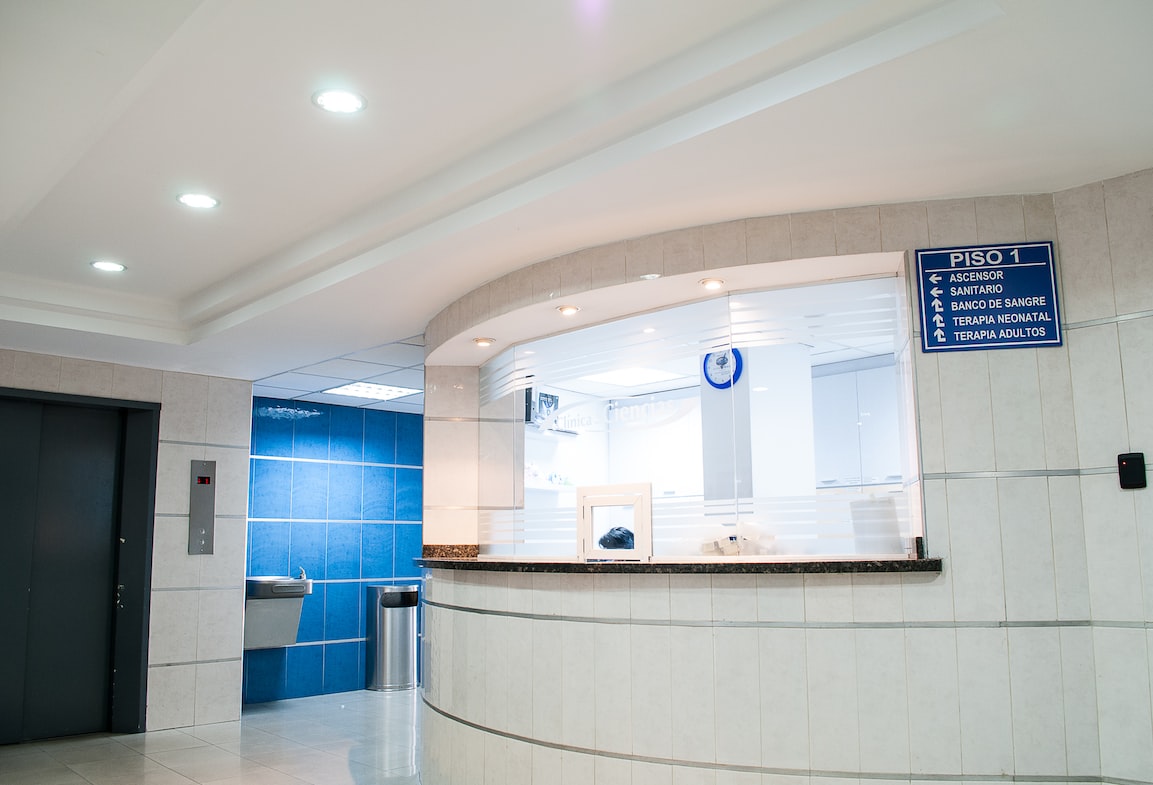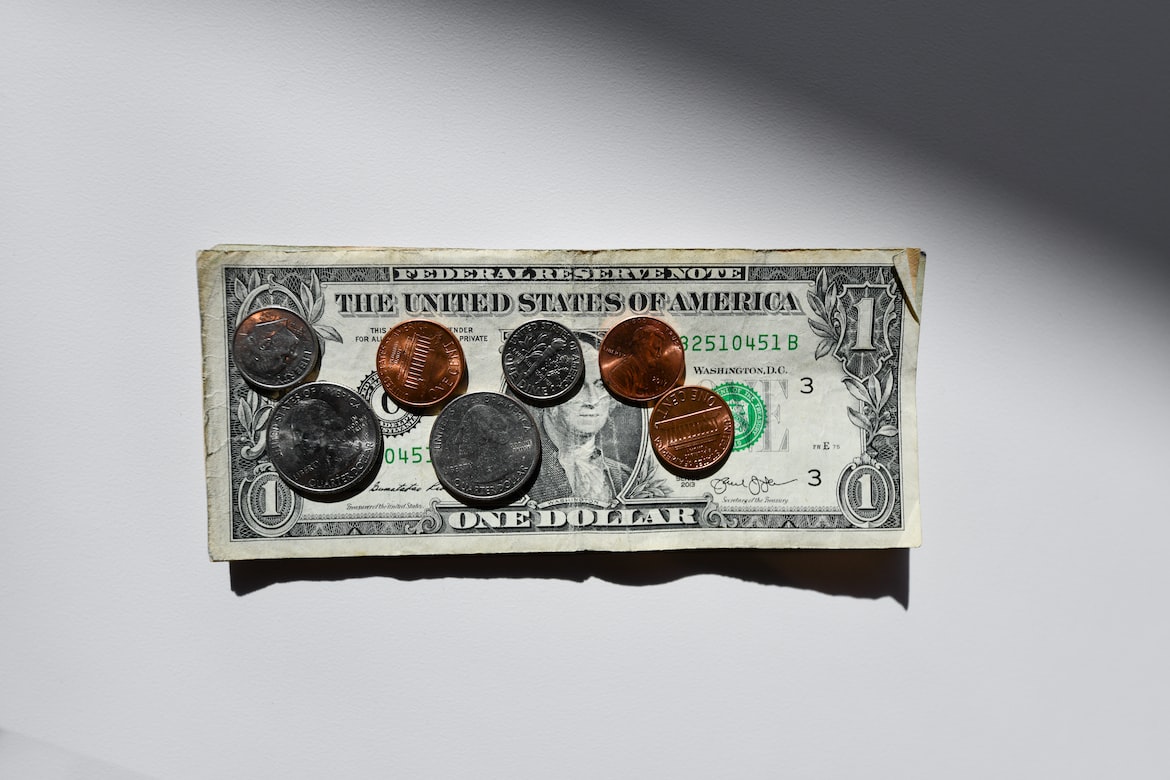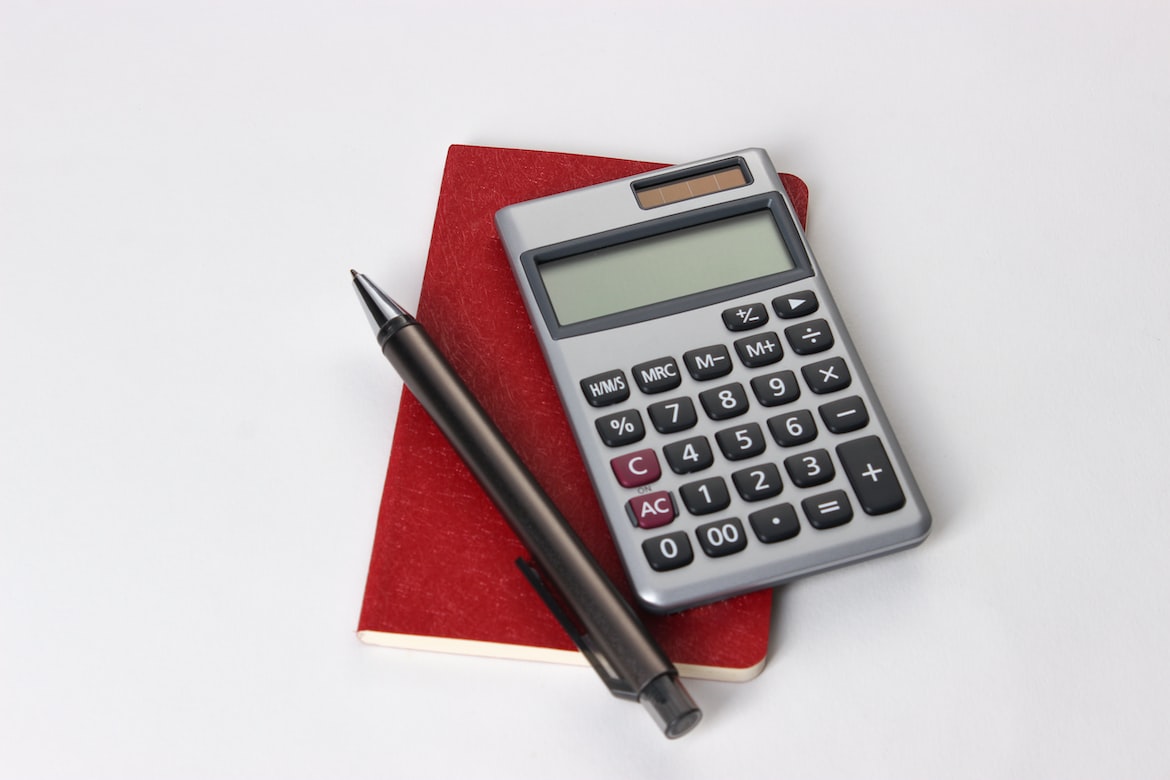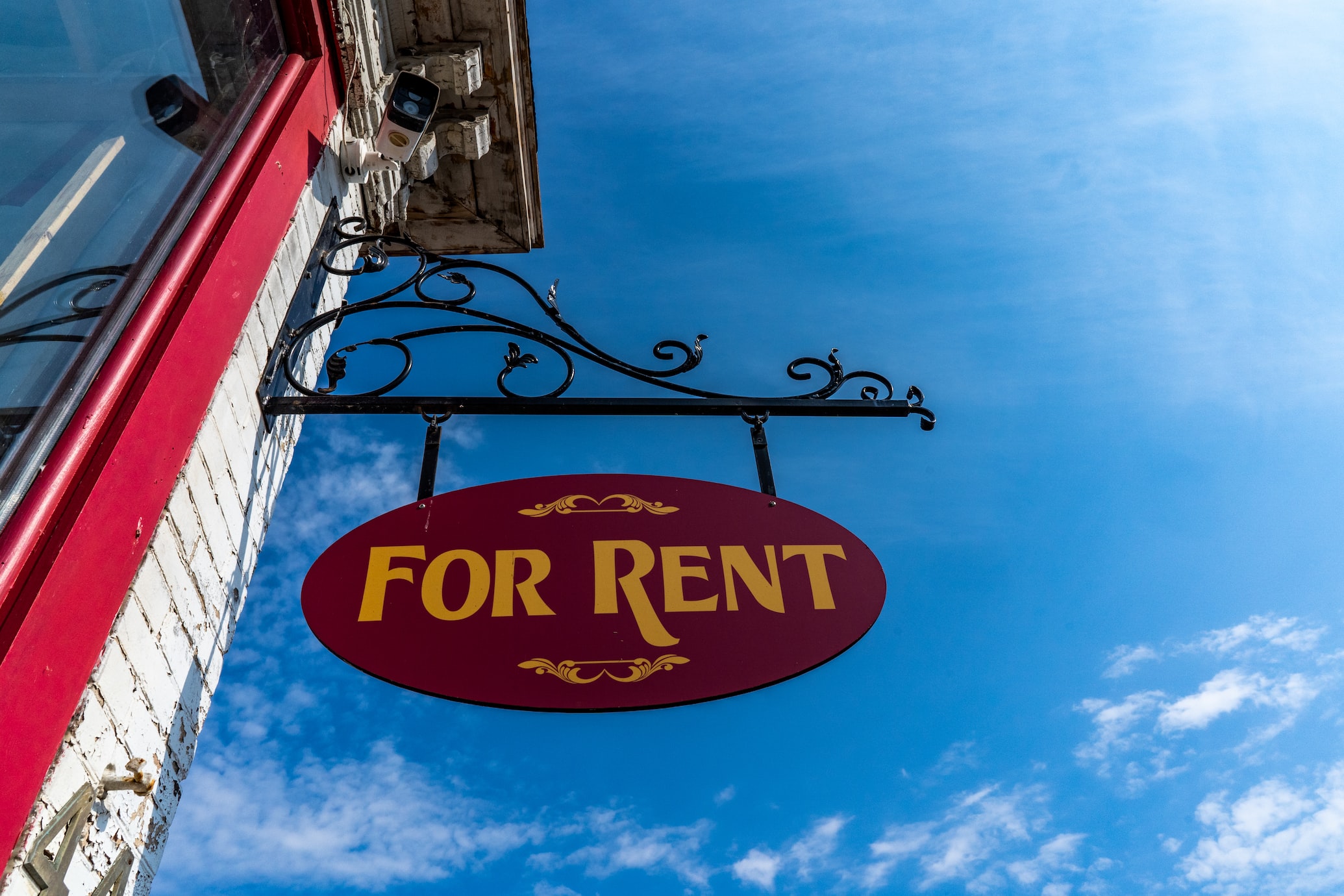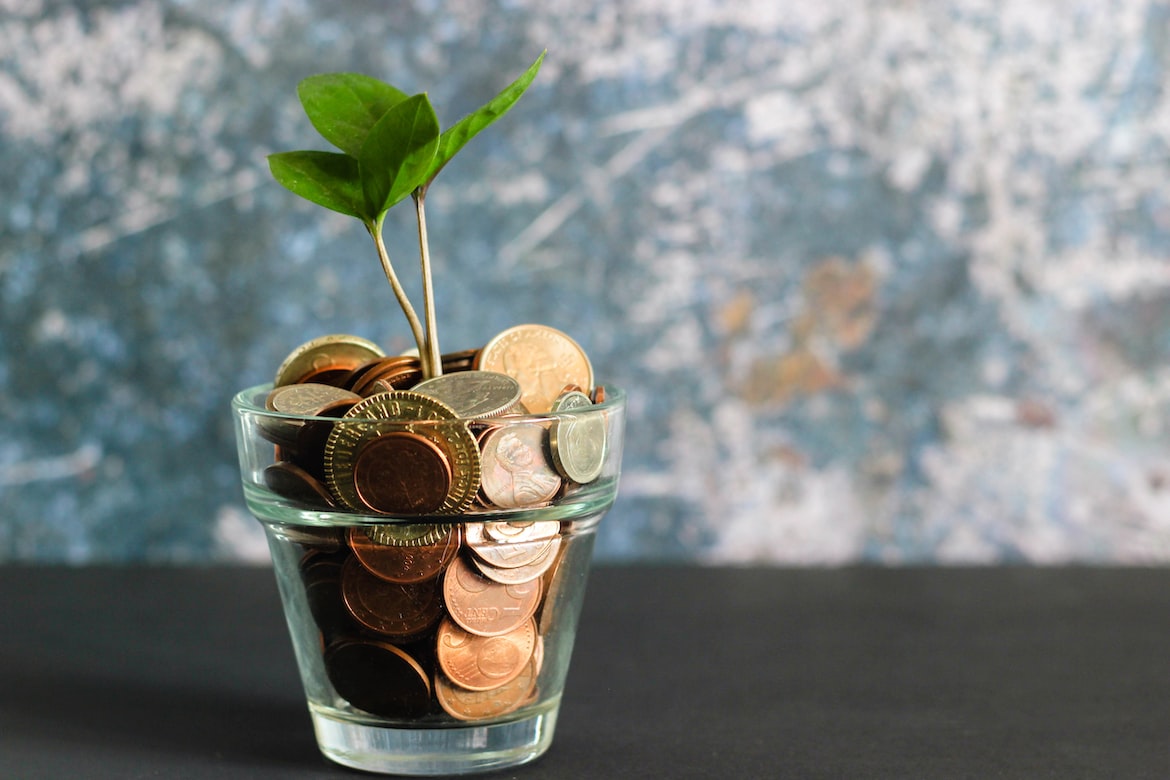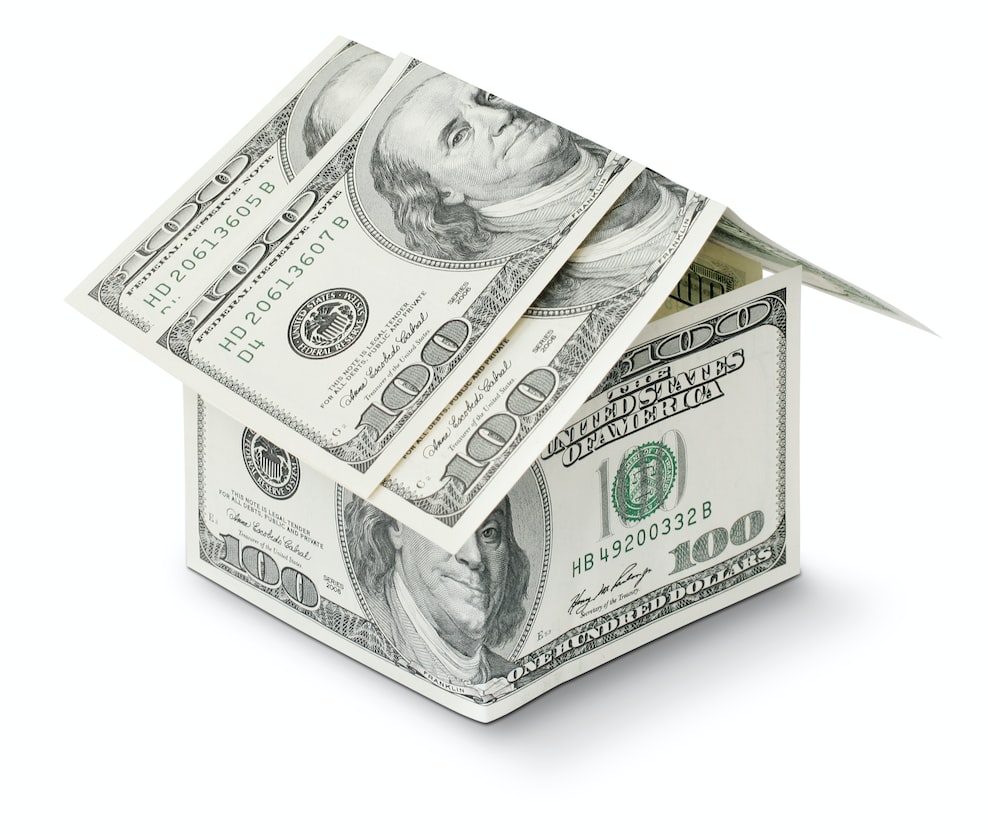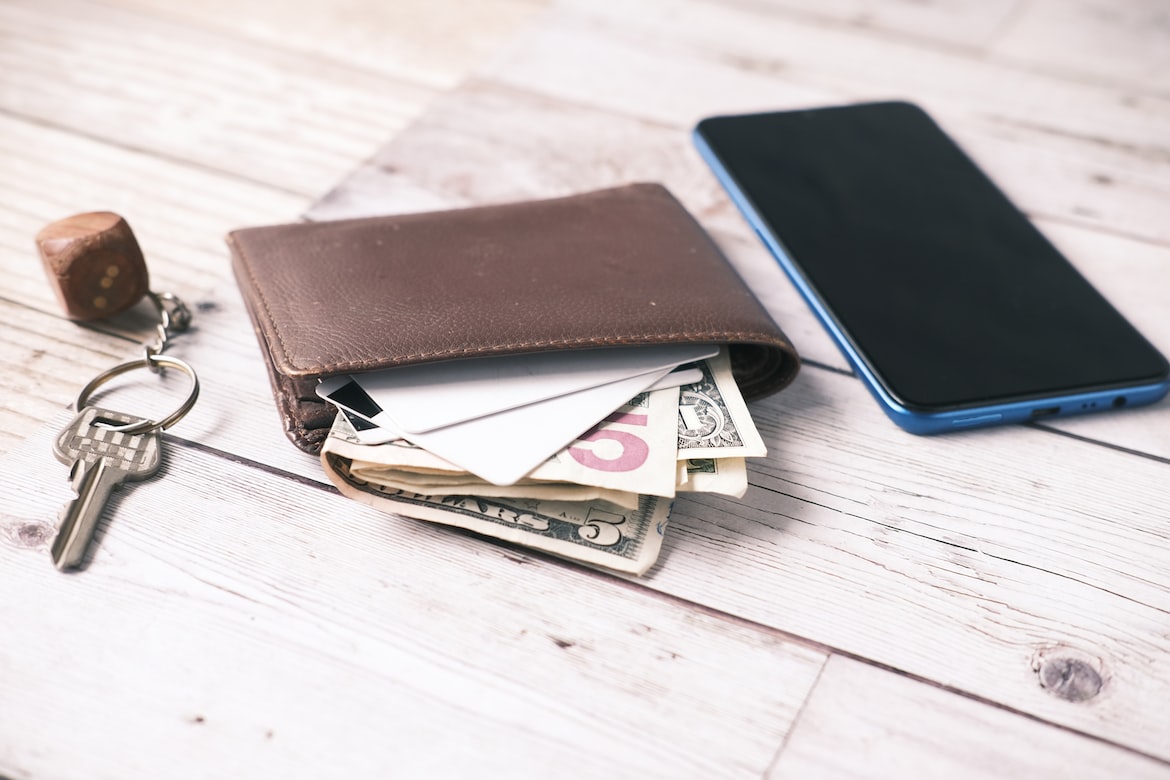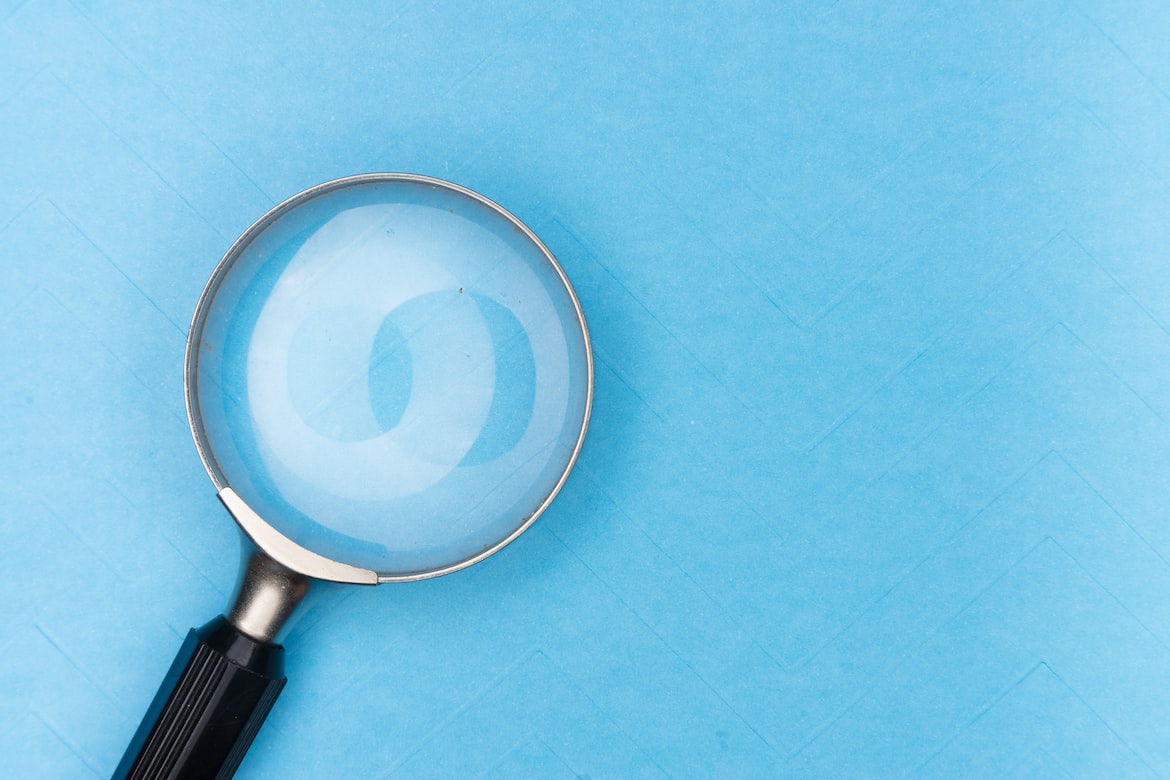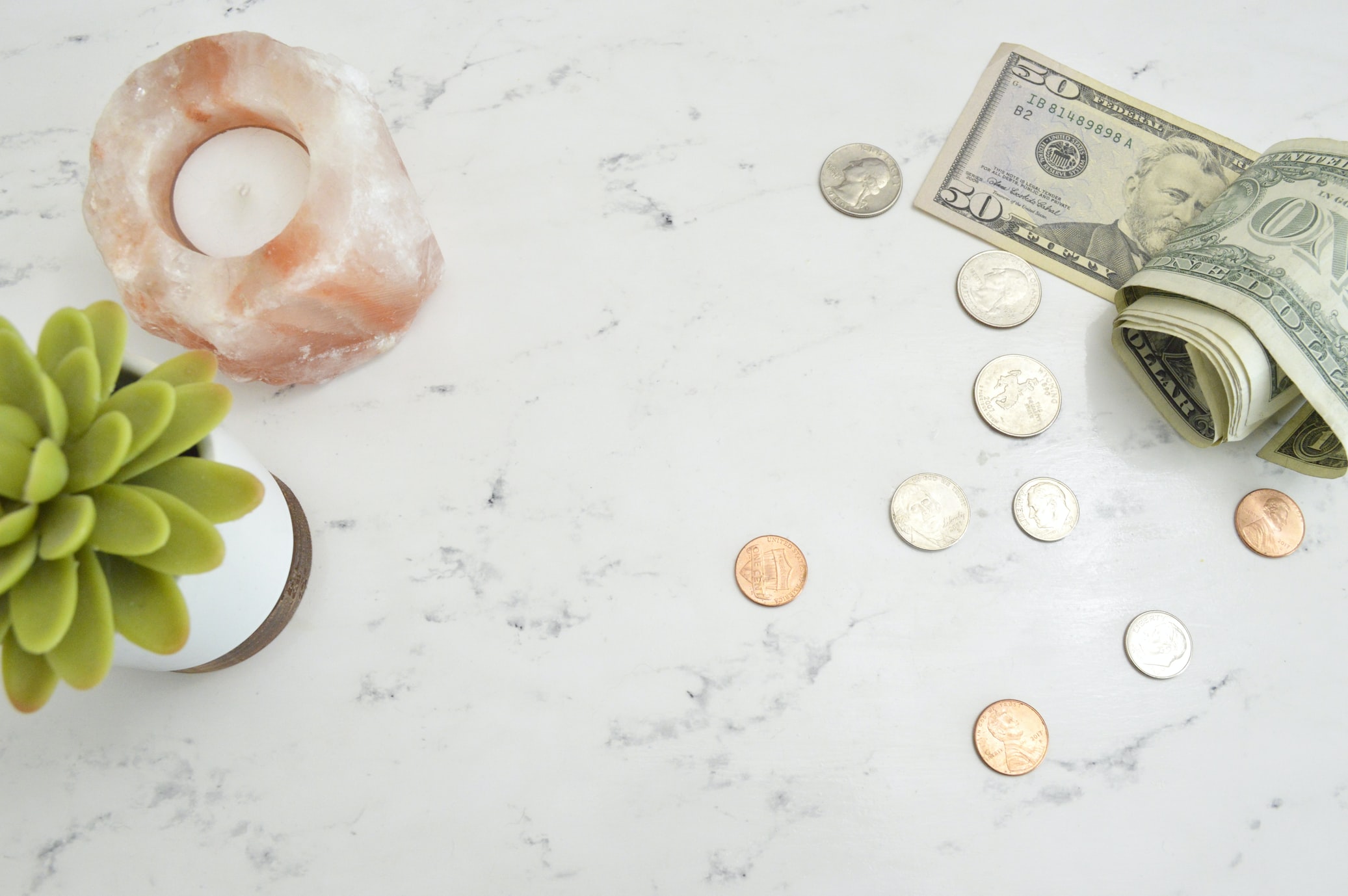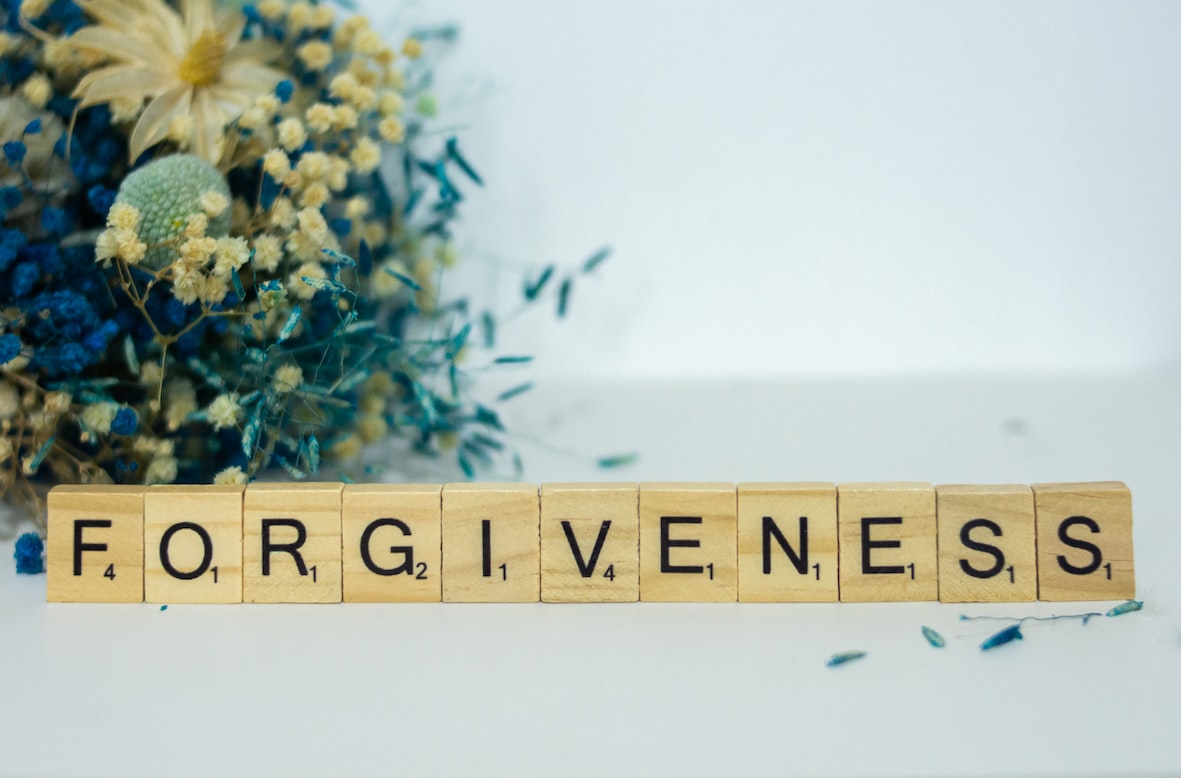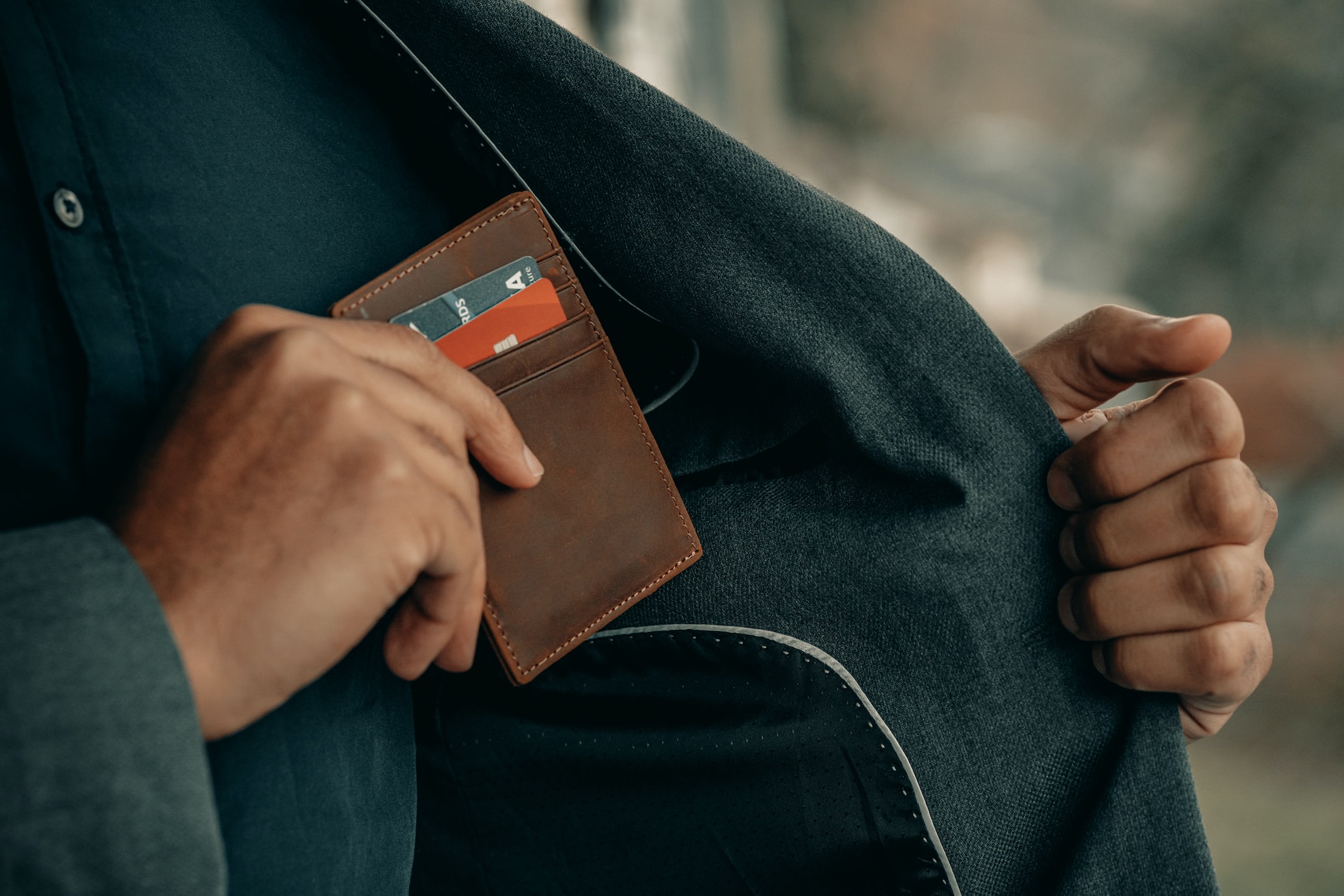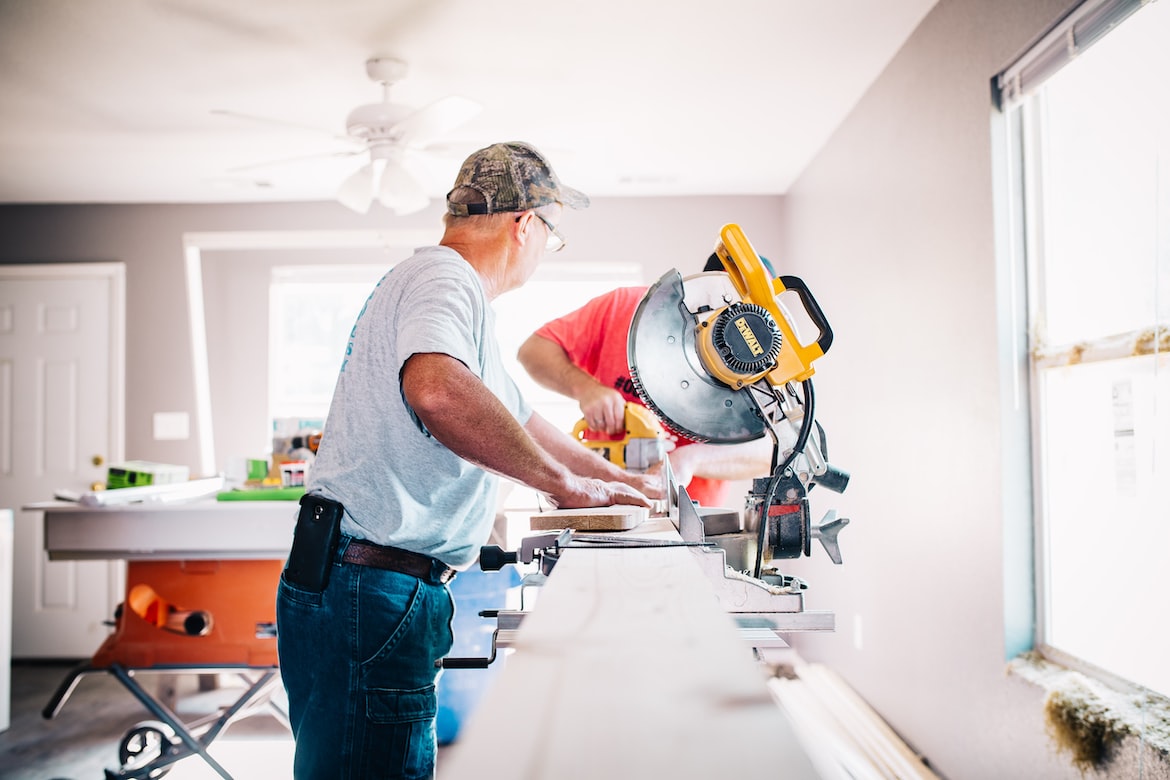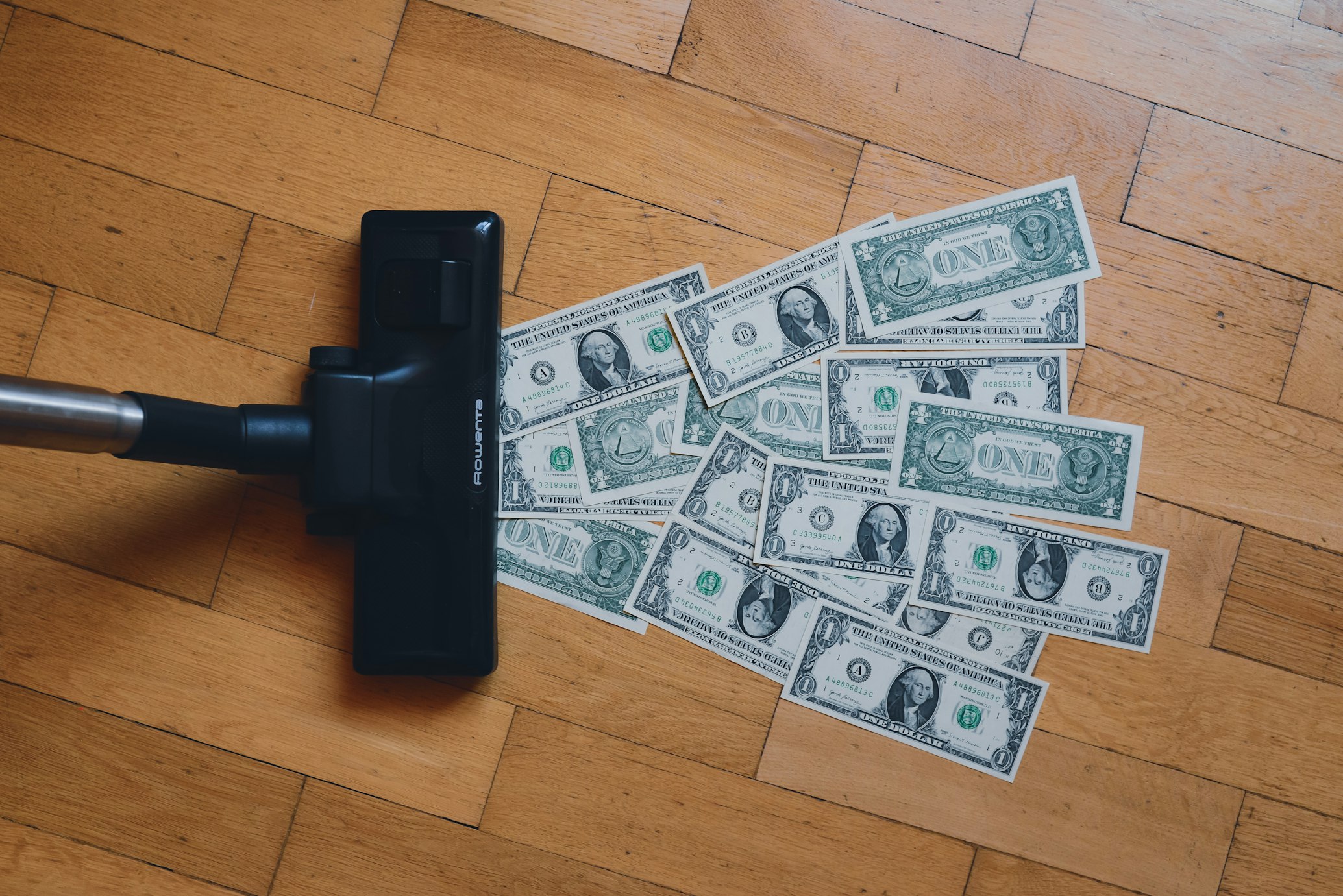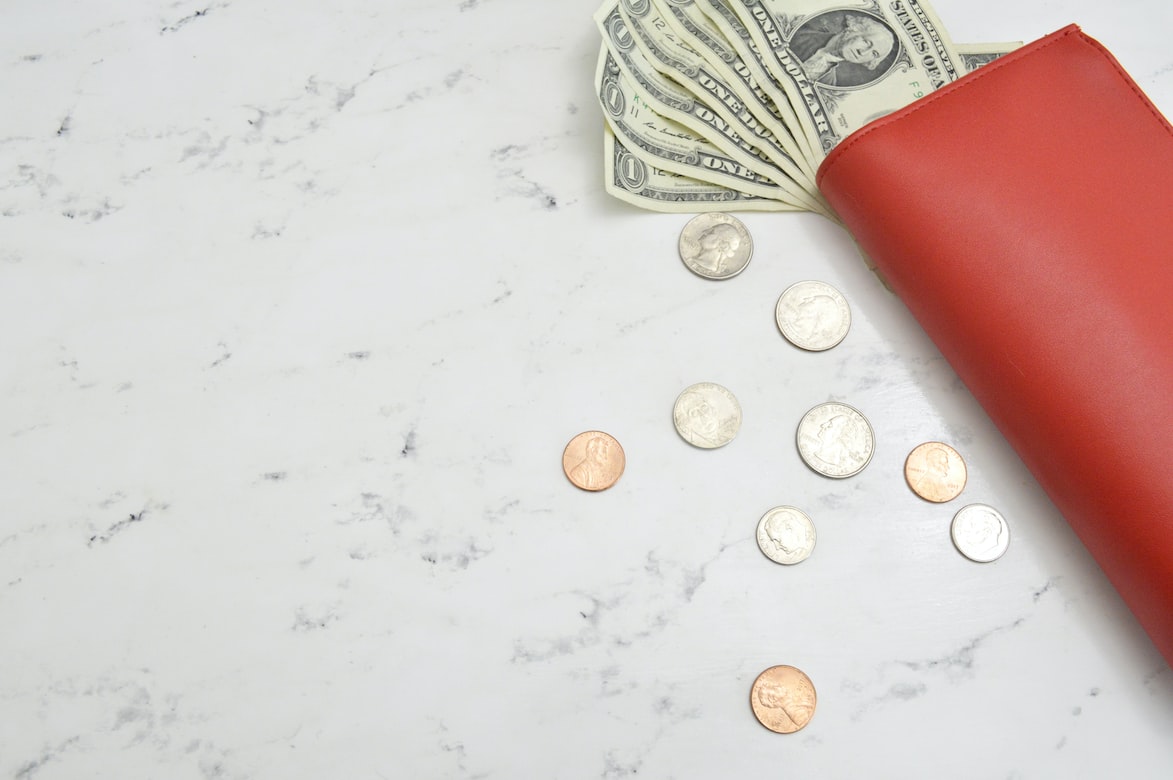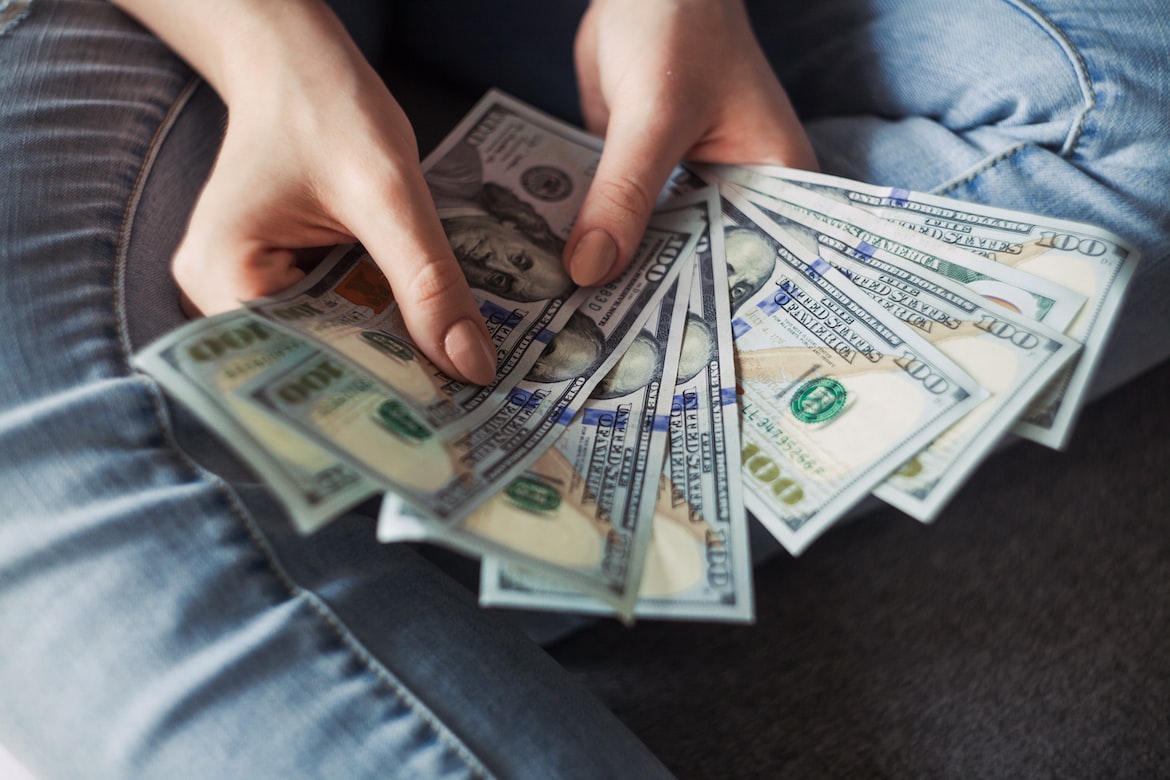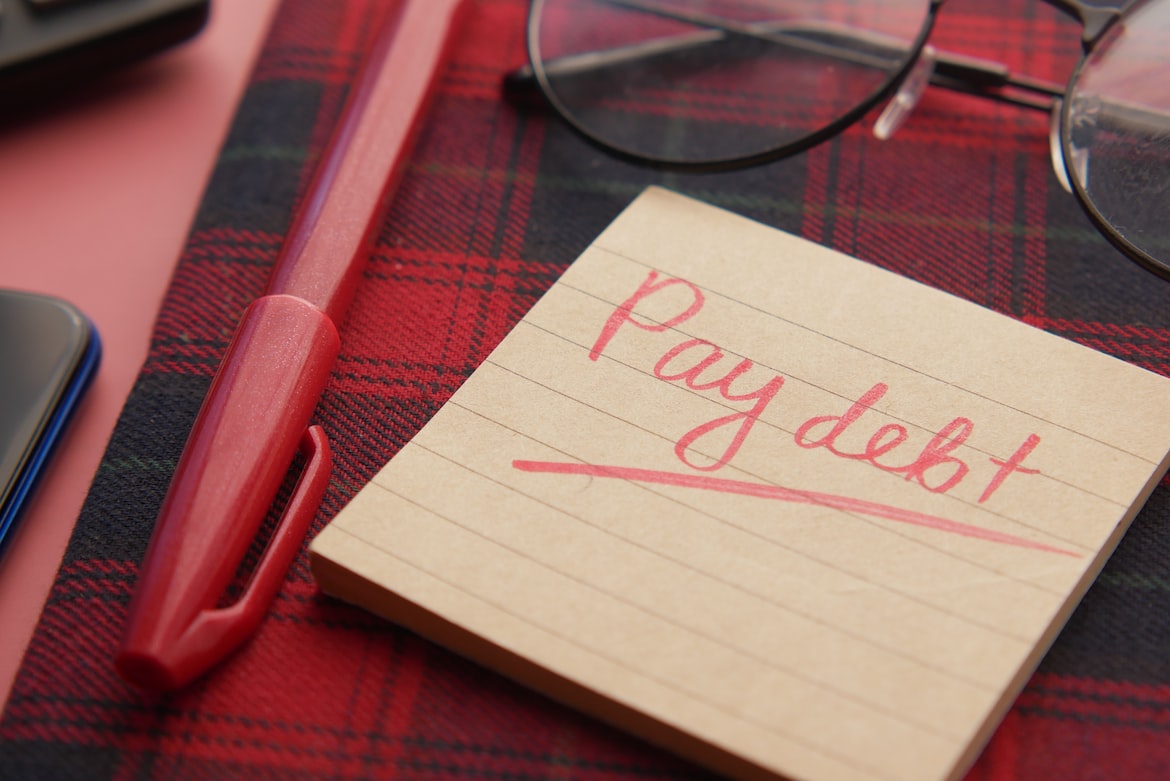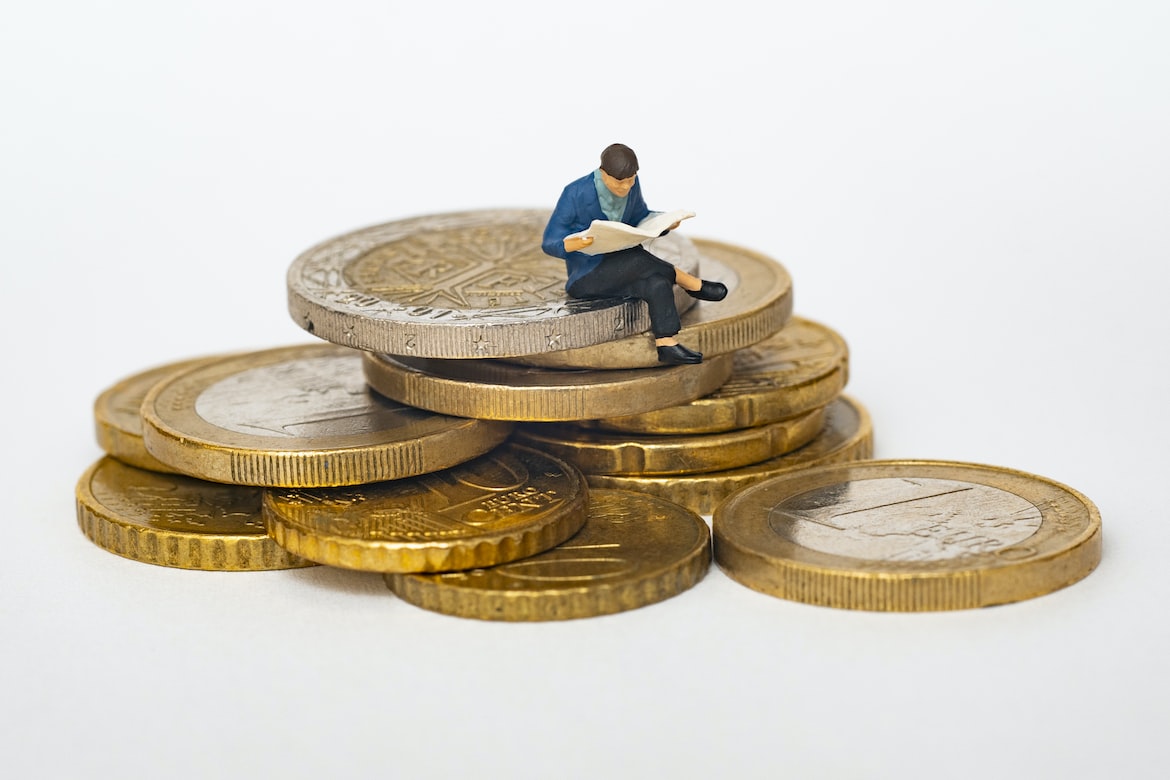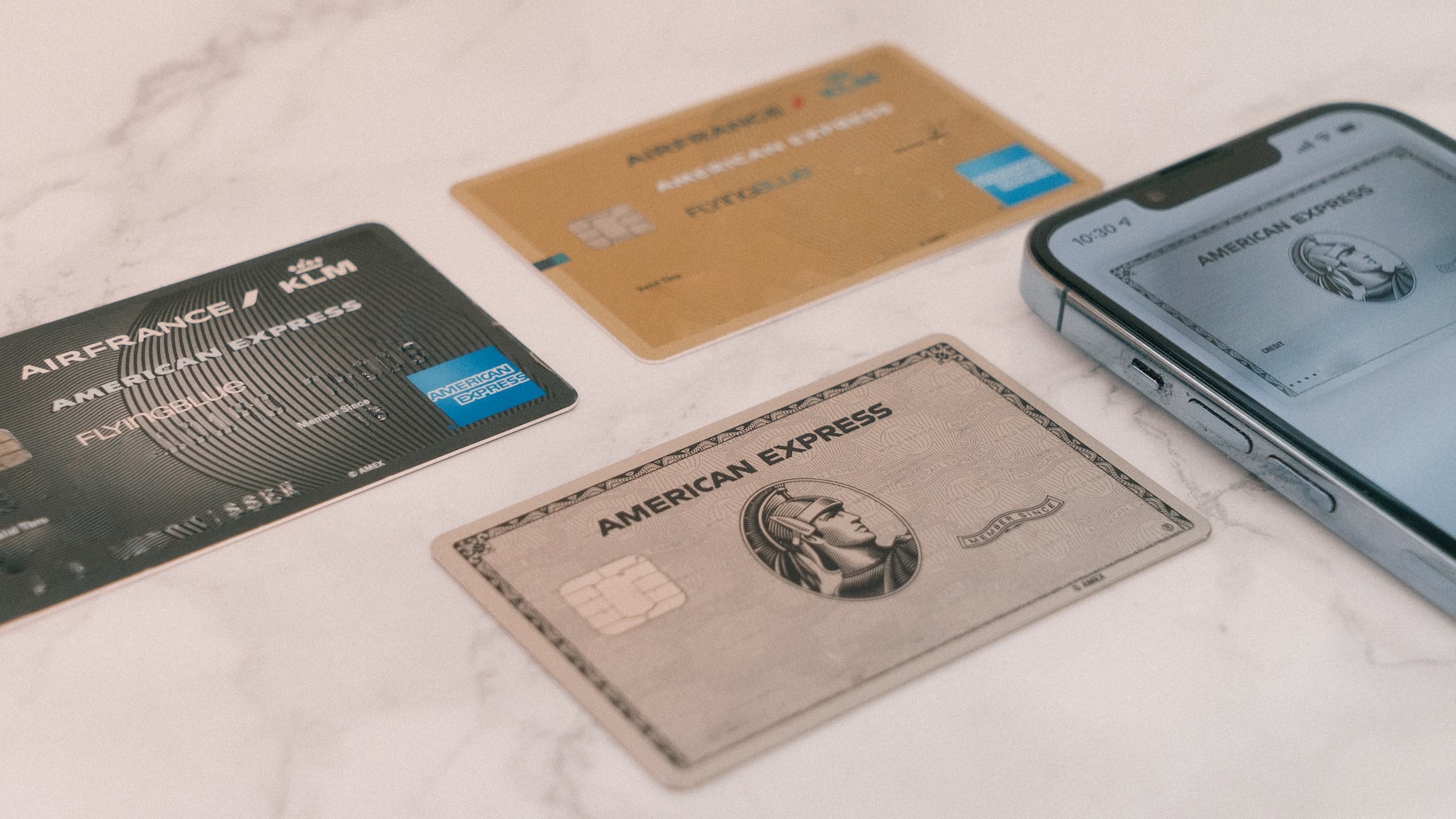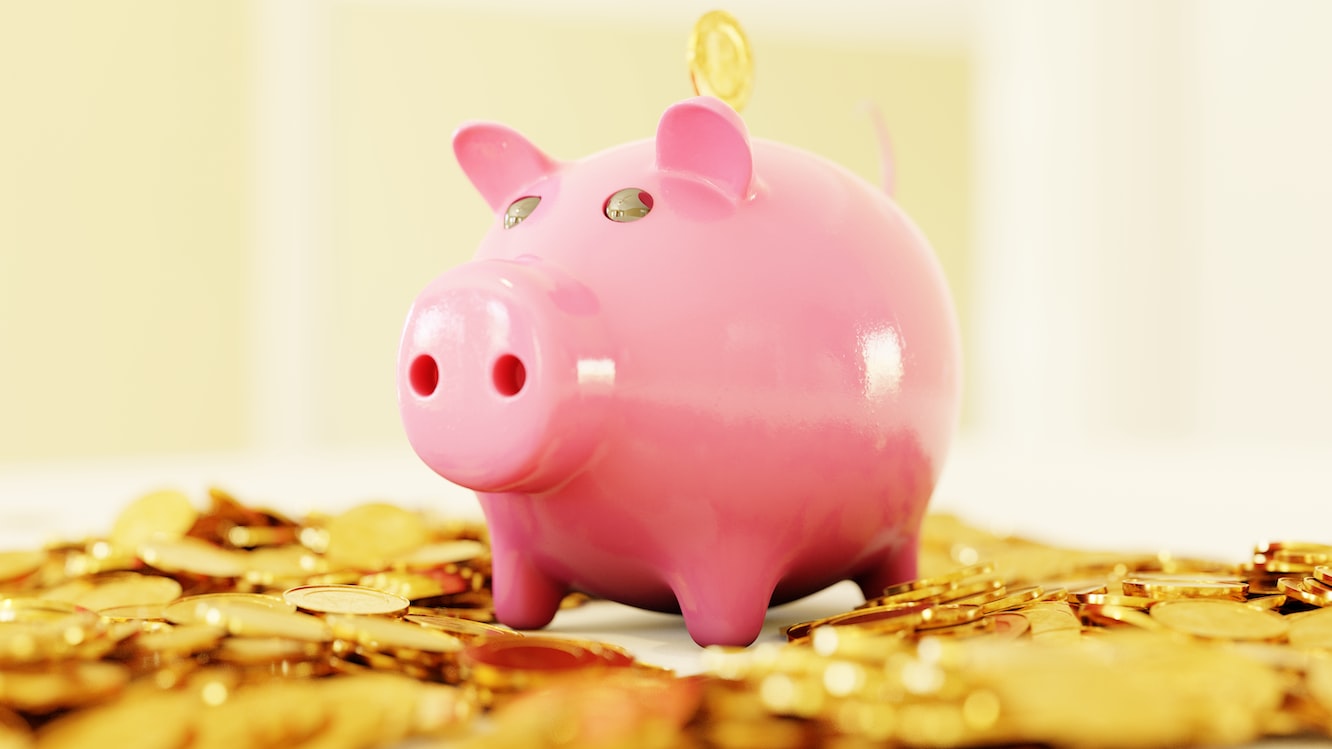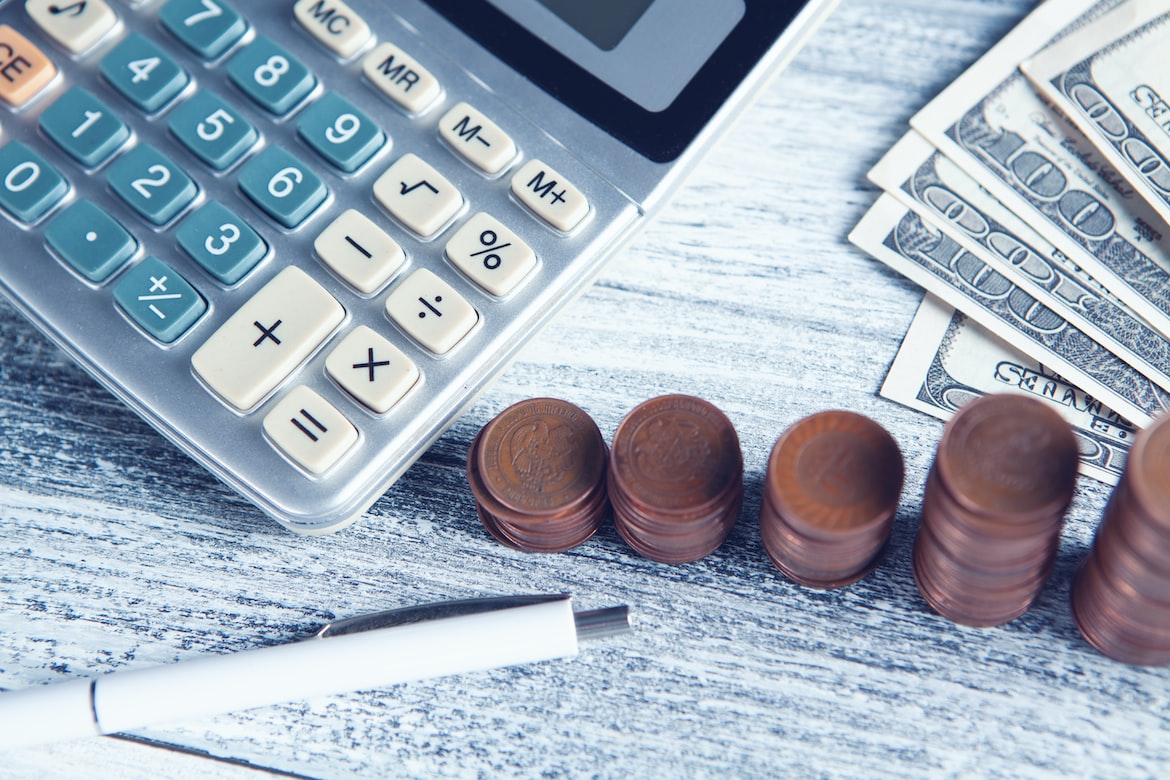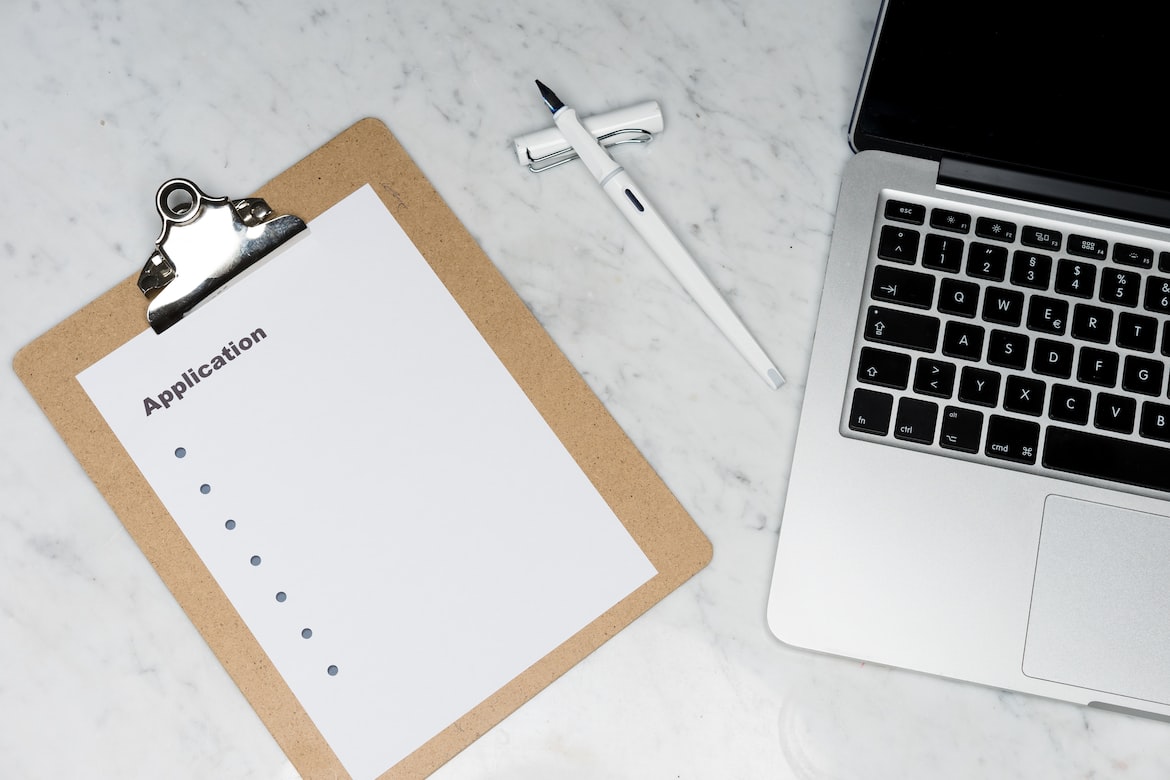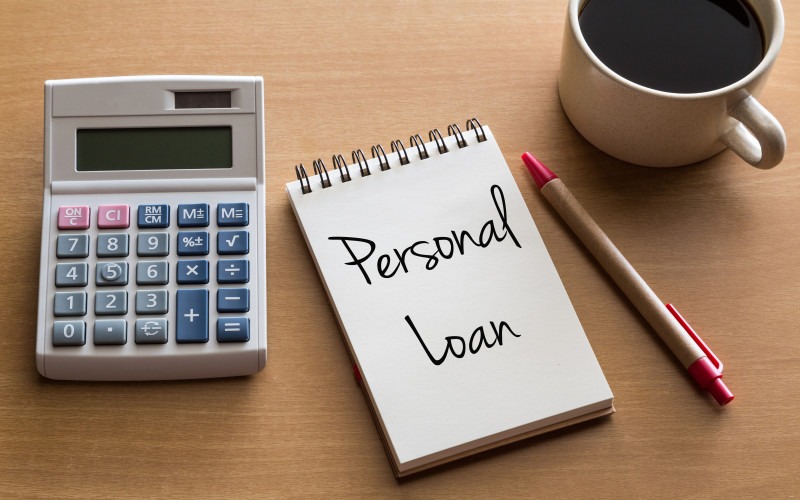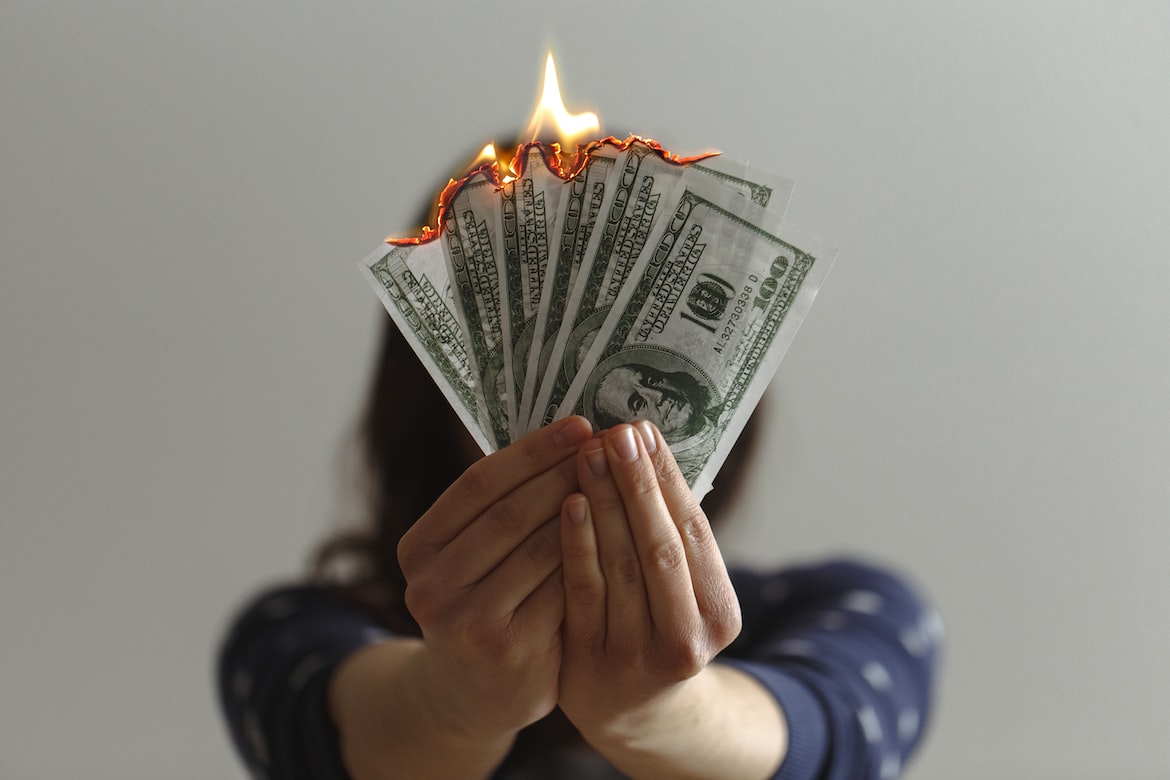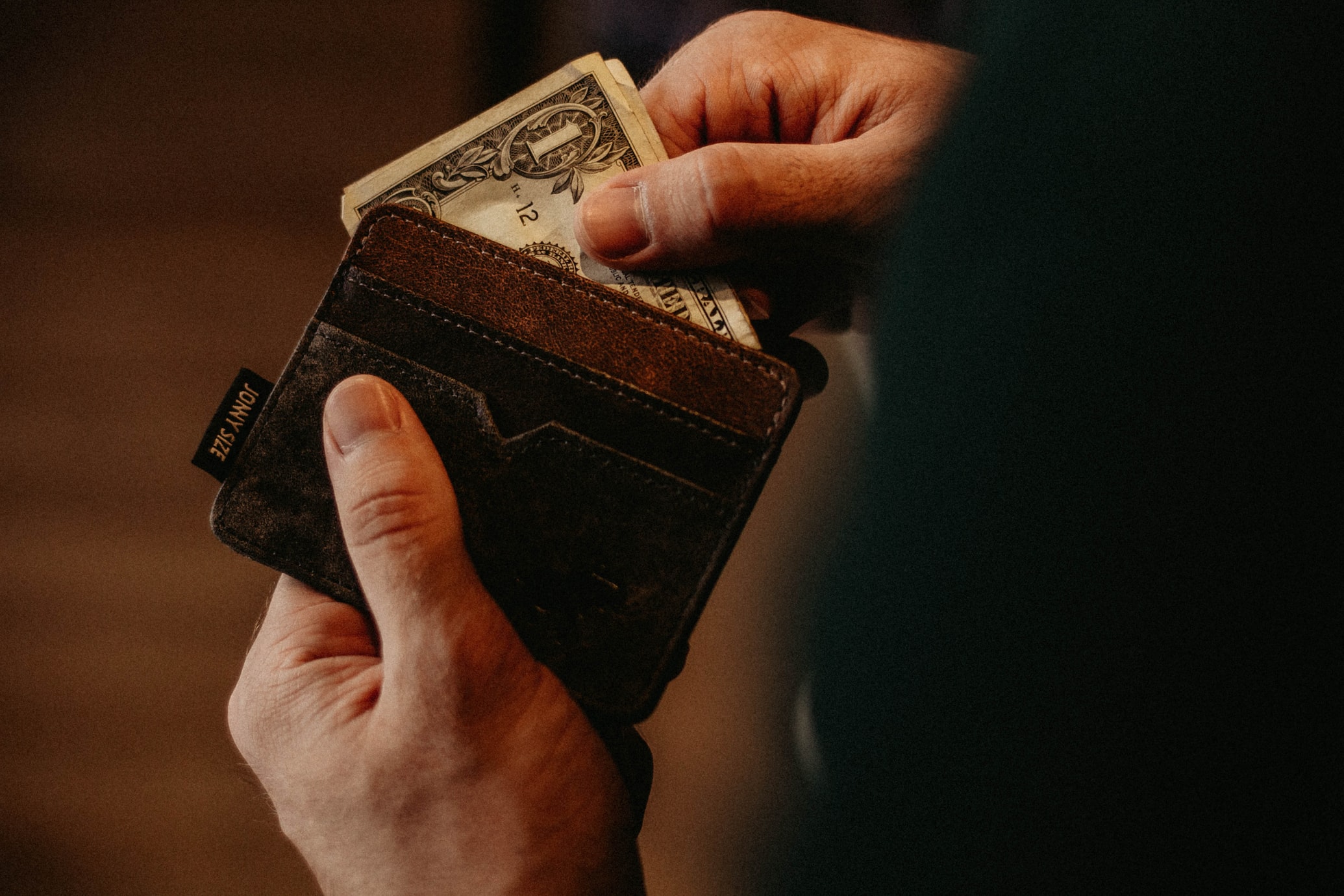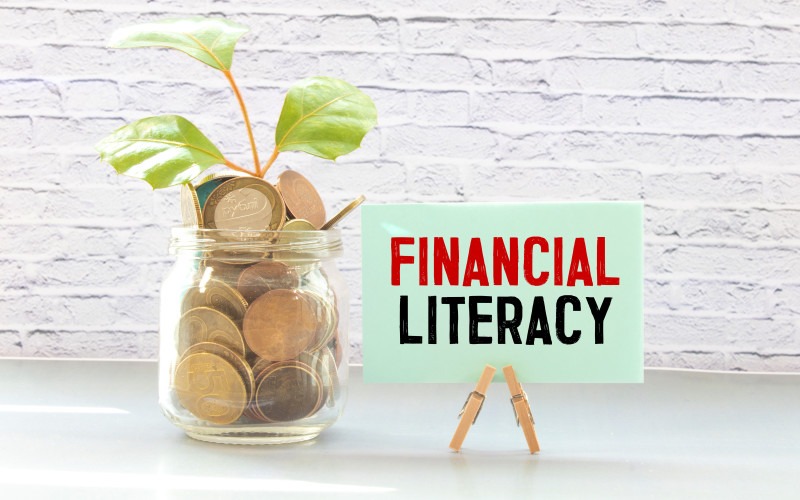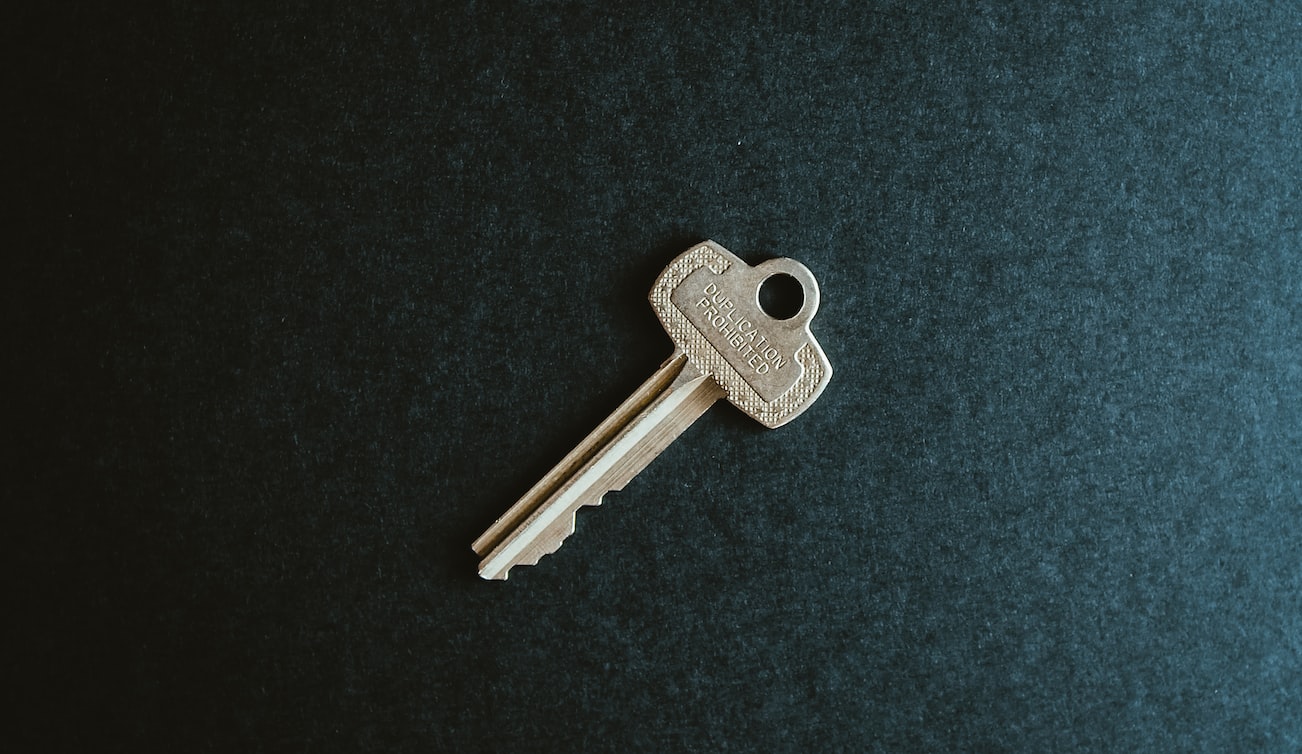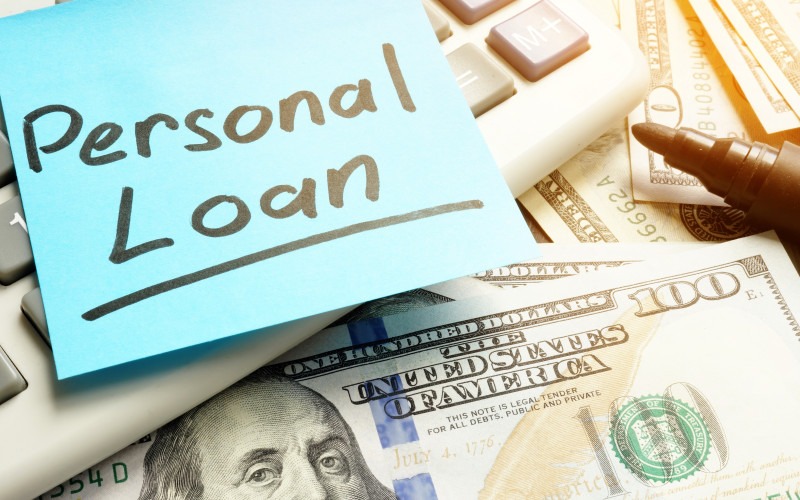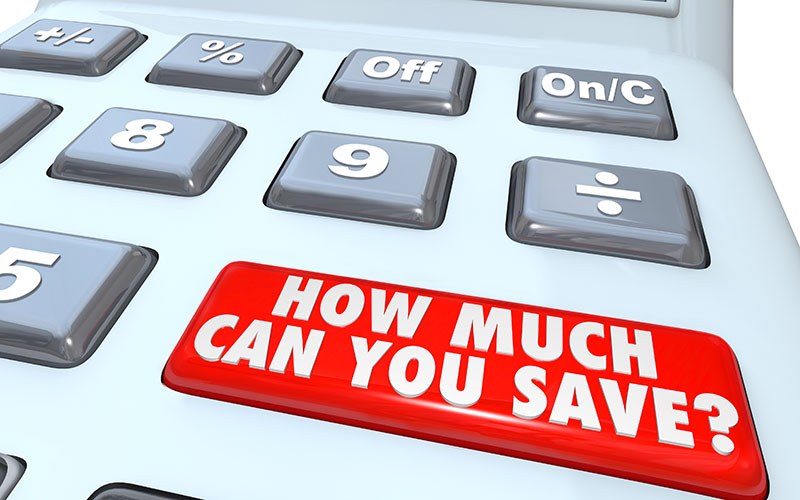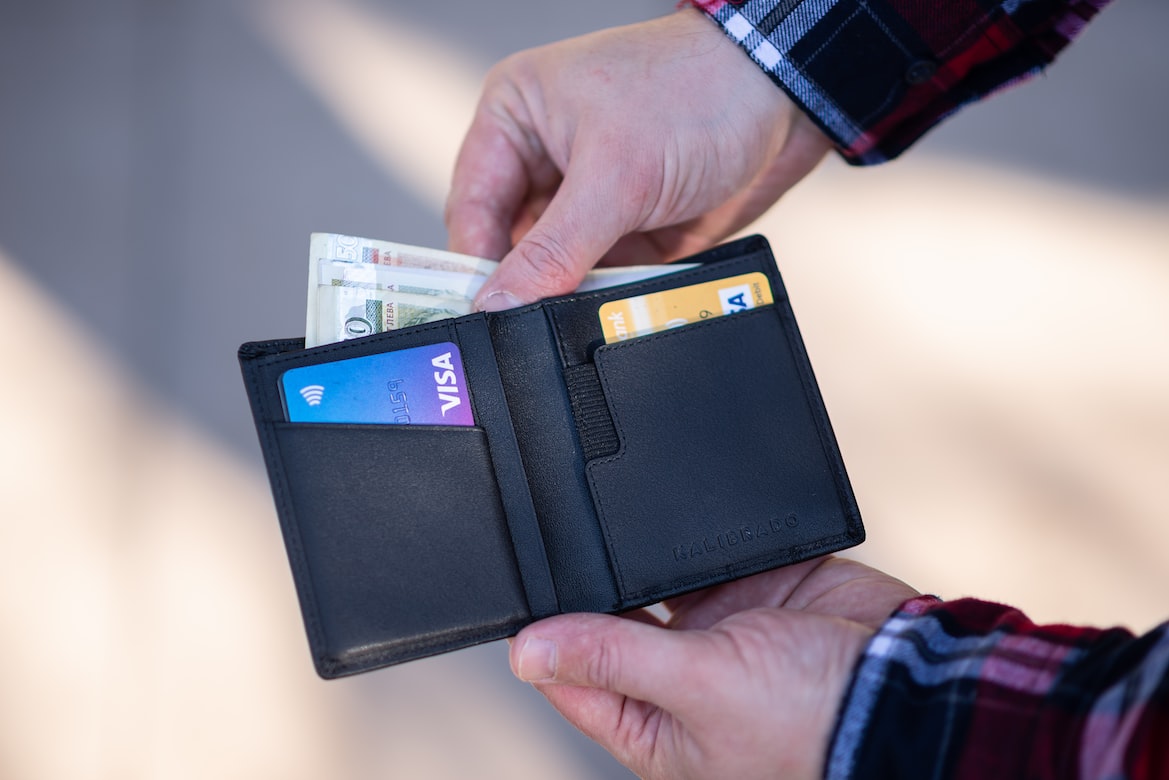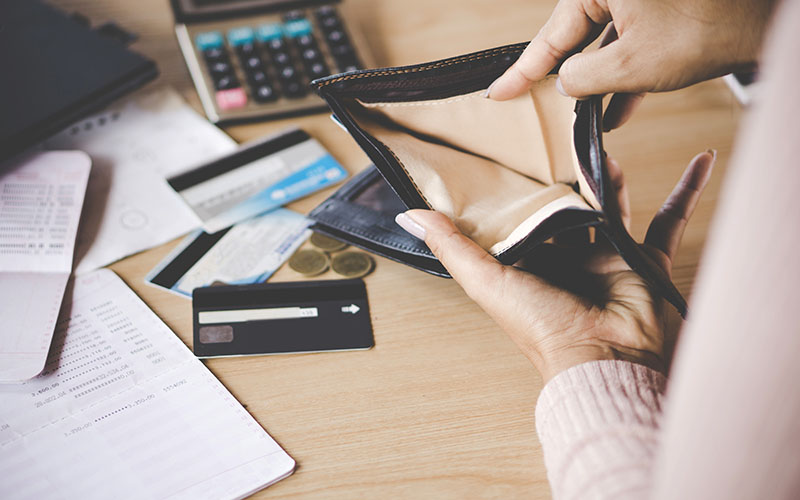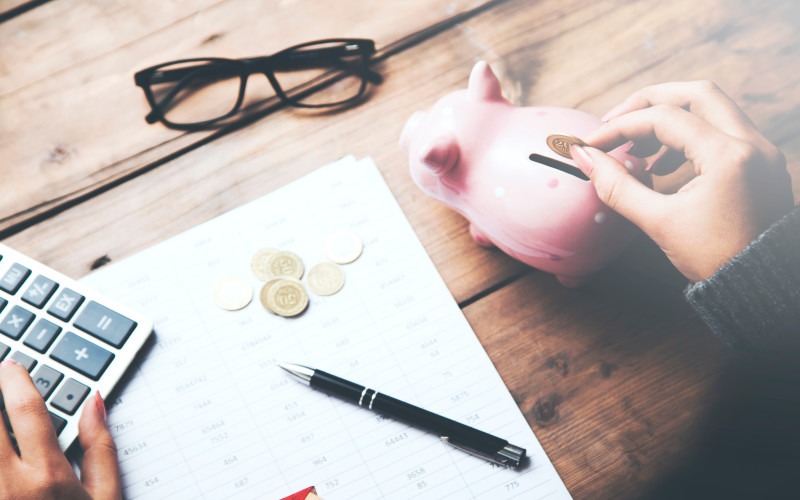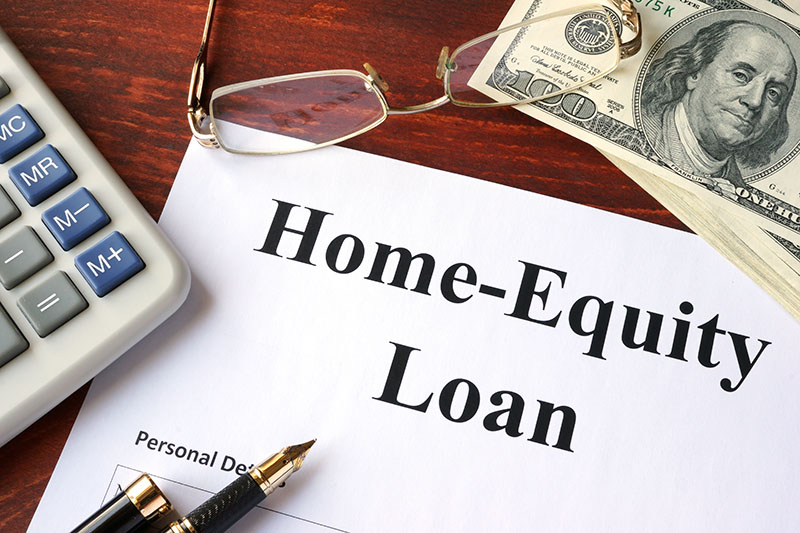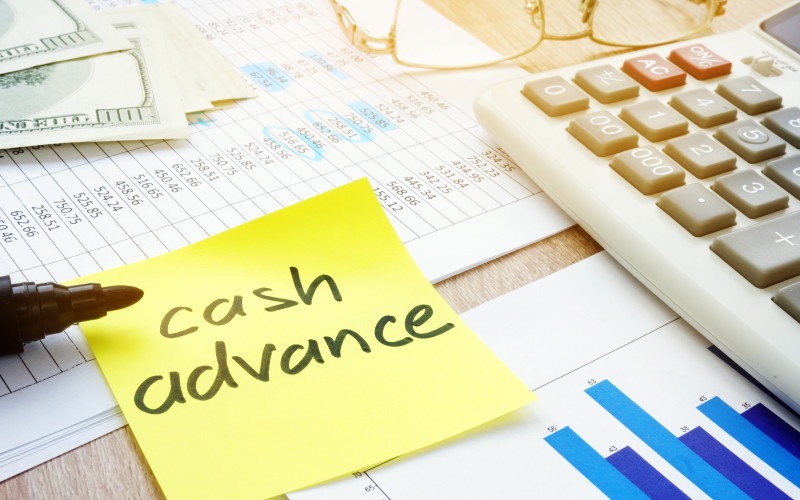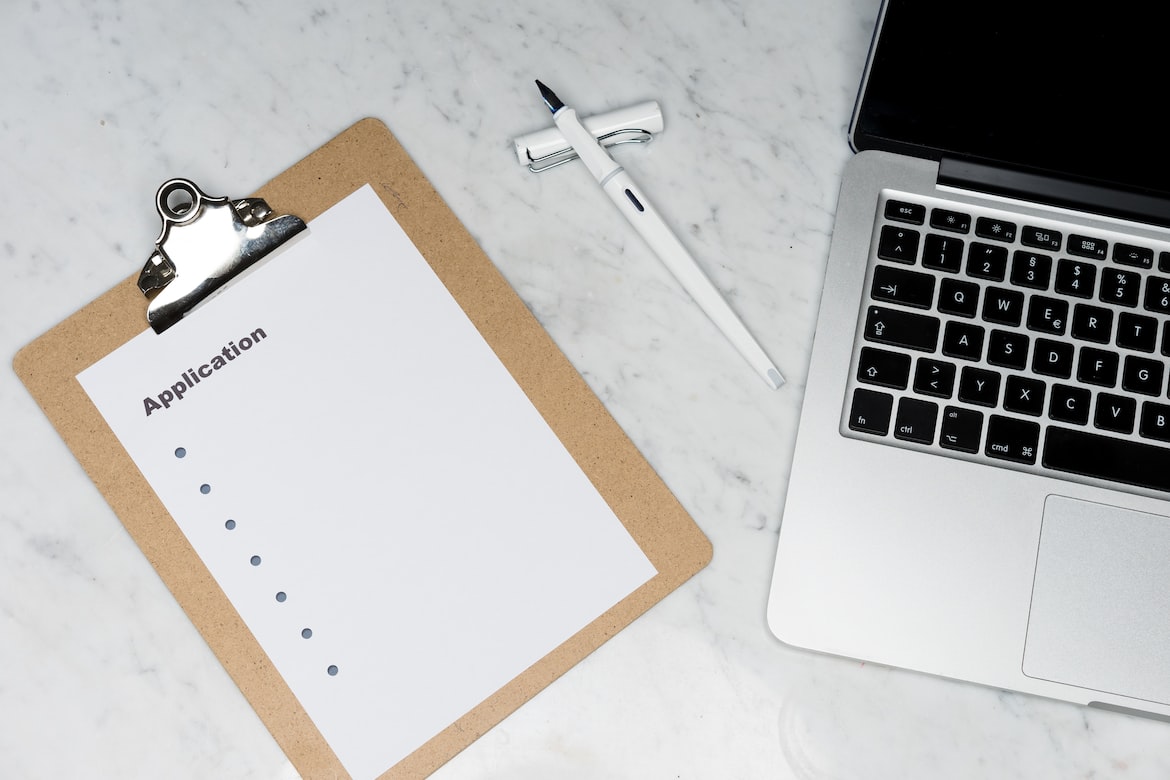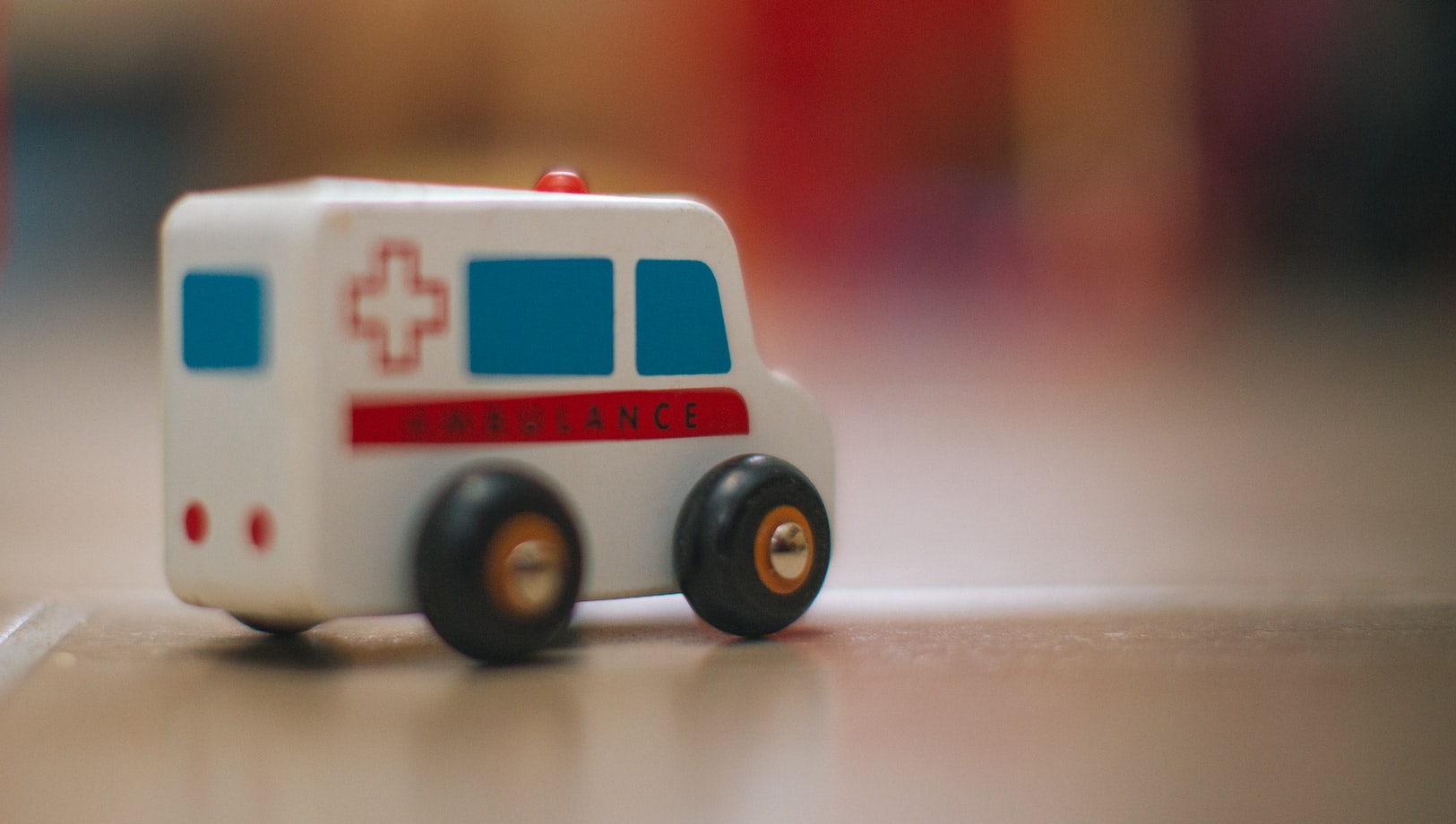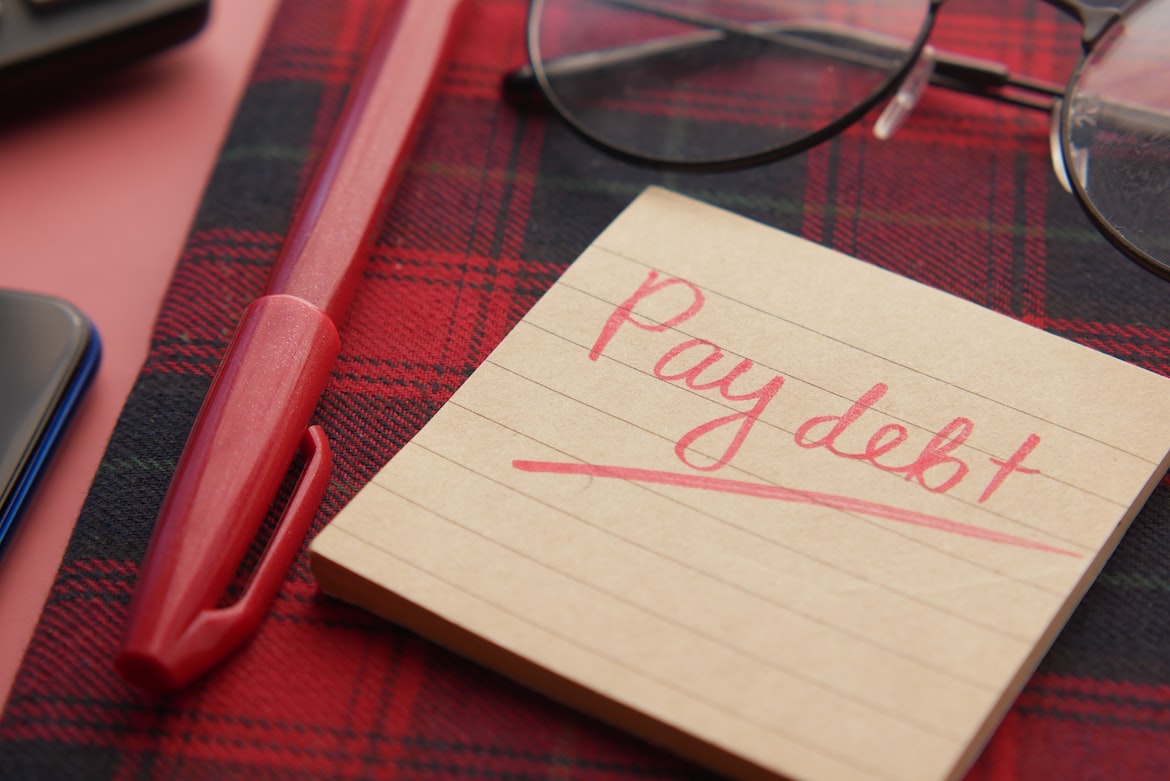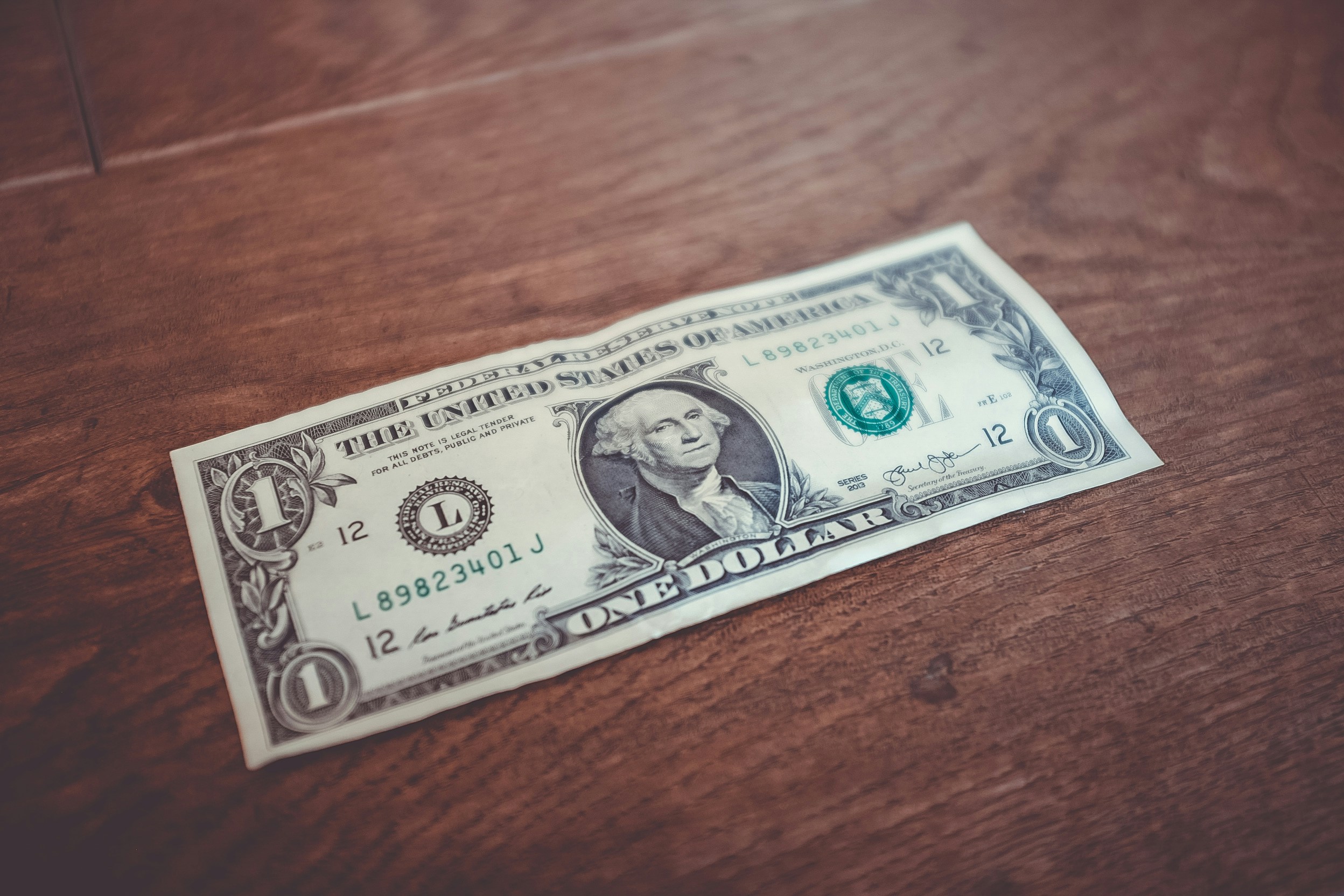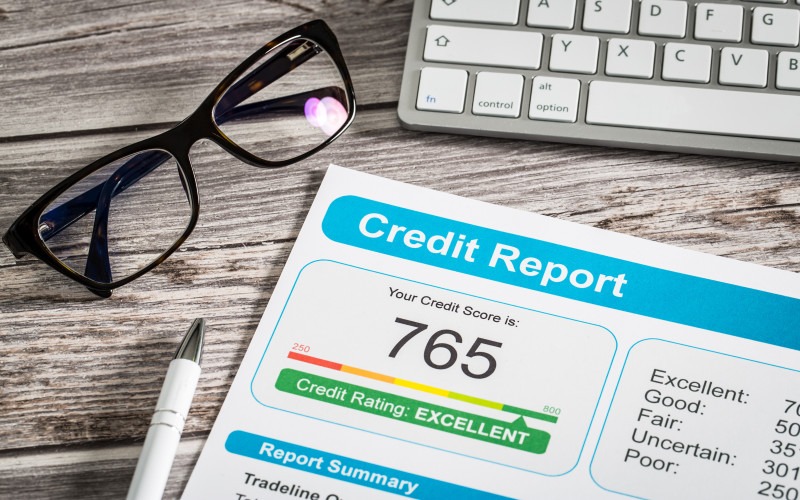Should You Take a Pawnshop Loan?
Key Takeaways
If you have a valuable item you’re willing to part with, pawn shop loans are a quick way to get cash. Pawn shop loans can also be a valuable financing strategy for those with poor credit and are unable to secure loans from personal loan providers.
However, pawn shop loans have short loan terms and higher interest rates than the standard personal loan. Don’t overlook the risks of pawn shop loans if you’re considering obtaining one.
Here are the key benefits and drawbacks to taking out a pawn shop loan.
- No credit checks necessary
- You can walk in a pawn shop and come out with the cash
- Higher interest rates than personal loans
- Need to offer a valuable asset as collateral
- The collateral could be lost if you don’t repay the loan
Remember to carefully review all the loan agreement details so you aren’t caught off guard by the interest rate, associated fees, or loan requirements. If you agree to pawn your item, keep your pawn ticket in a safe place so you can use it for reclaiming the collateral after repaying the loan.
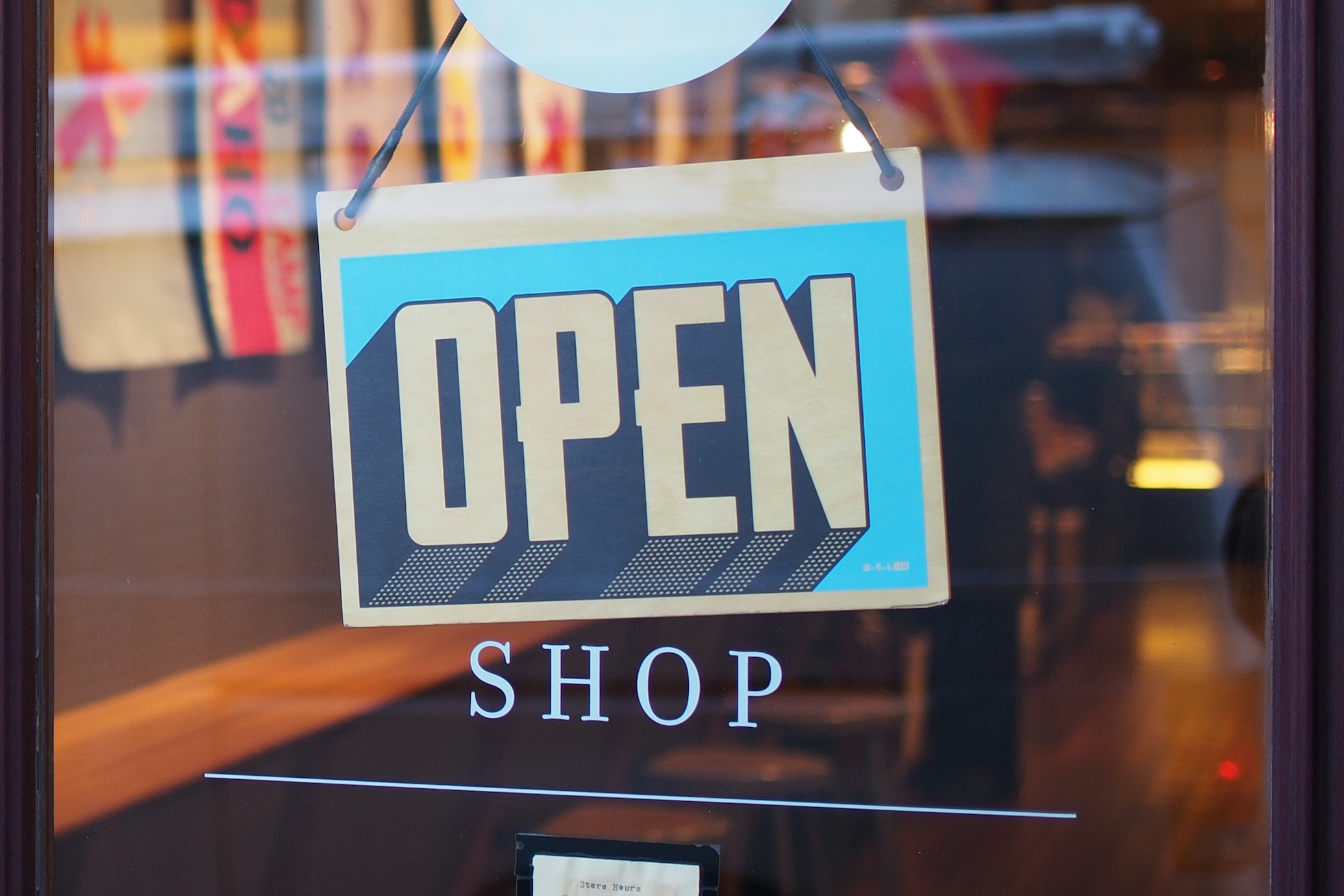
For those in need of fast cash, pawn shop loans can be an attractive financing strategy. It is less expensive than payday loans and title loans, and involves no credit checks. Despite the popularity of pawn shop loans, they still pose certain risks to borrowers due to high interest rates and the need for collateral. In contrast, personal loans might be a safer alternative with potentially lower interest rates and no requirement for physical collateral.
In this guide, we’ll go over the essentials of pawn shop loans and when it could be a viable option for you.

What is a pawn shop loan?
A pawn shop loan, also known as a pawn loan, is a loan you can obtain from a pawn shop. Unlike other loans, a pawn shop loan doesn’t require the borrower to undergo any credit check or application process. Instead, the borrower backs the loan up with a collateral item.
Short terms
Pawn shop loan terms are much shorter than other personal loans. A pawn shop loan typically needs to be repaid within 30 to 90 days, whereas a personal loan could give you up to seven years to pay off the debt.
Collateral-based
Pawn shop loans are sometimes called collateral loans. The ease of obtaining pawn shop loans is in part due to the mandatory collateral. If you want to take out a pawn loan, you will need to provide an item to the pawn shop.
Collateral can vary greatly. Whether an item is accepted as collateral depends on the lender and appraisal value. Common examples of collateral include:
- Jewelry
- Precious metals and gems
- Antiques
- Collectibles
- Instruments
- Electronics
No credit checks
Individuals with poor or no credit can benefit greatly from the lack of credit checks of a pawn shop loan. All you need is basic proof of identity and a valuable to leave with the pawn shop.

Advantages of pawn shop loans
Knowing the potential pros and cons of pawn shop loans can help you reap the most benefits out of them. Here are the common advantages of pawn loans.
Speed
The quick access to cash can be invaluable if you’re stuck in a pinch and in need of urgent funds. You can get the loan funds as you walk out of the shop if the pawn shop accepts your item as collateral and you agree to the loan offer. Having the cash you need can help you better deal with emergencies.
No credit checks
When you go to a pawn shop and ask for a pawn shop loan, there will not be any credit checks. This is great for those who have been struggling to be approved for bad credit loans.
No credit impact
One advantage to taking out a pawn shop loan is you don’t need to worry about the impact on your credit. Since the application process of pawn shop loans does not involve any credit inquiries, your credit score won’t drop.
Regardless of whether you repay the pawn shop loan, there will be no impact on your credit score. This is because pawn shops will not report your loan details to any of the credit bureaus.
Flexibility
Many pawn shop owners will allow you to negotiate and extend or renew the pawn shop loan. This is easier to do if your collateral asset is more valuable. If you’re in a unique circumstance and require more flexibility, you might be able to gain more lenient terms from a pawn shop through negotiations.
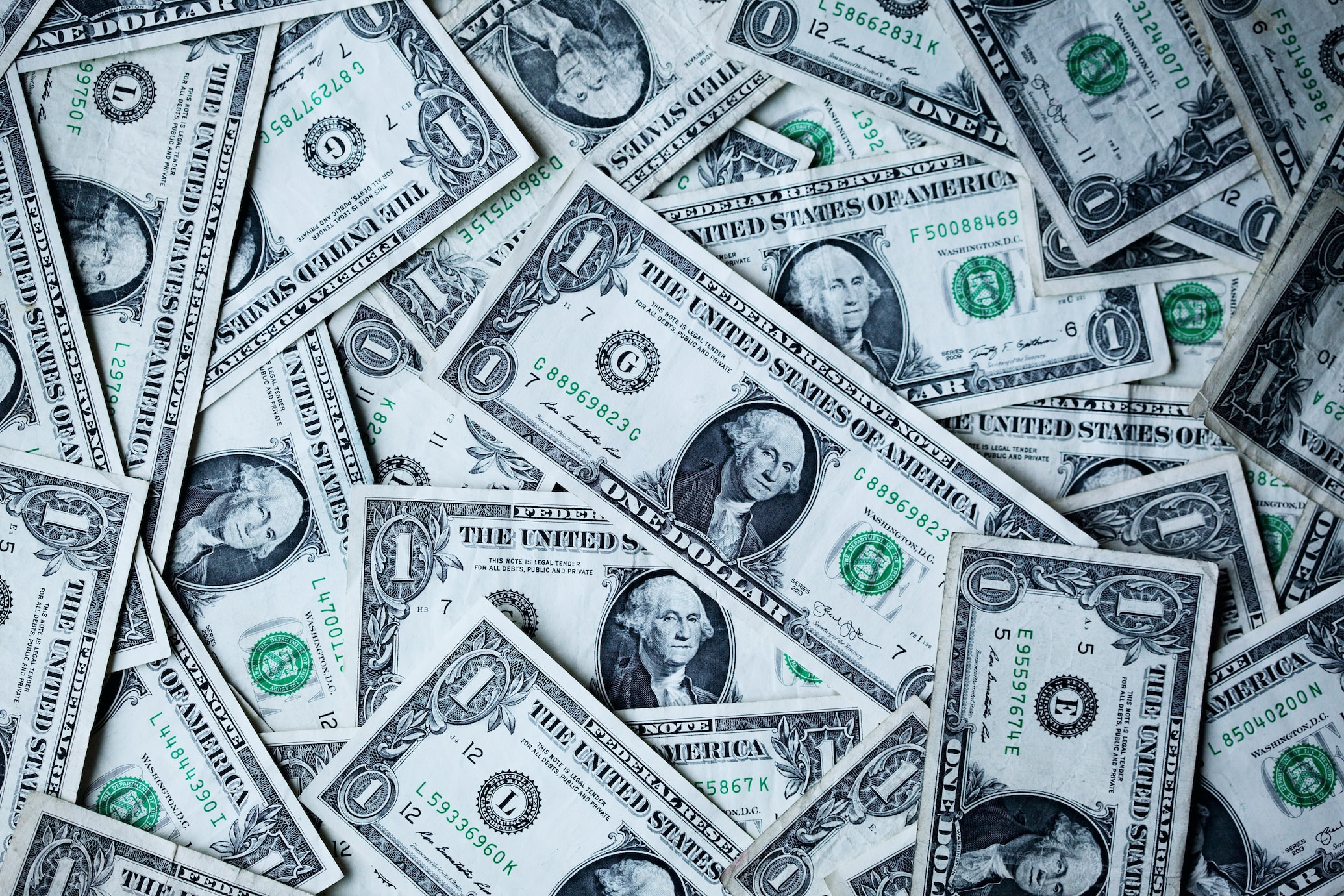
Disadvantages of pawn shop loans
High interest rates and APRs
Pawn shop loans usually have much higher interest rates than traditional personal loans. A pawn shop could charge you a monthly interest rate of 20 to 25 percent. However, the rate to be wary of is the annual percentage rate (APR), which is a more comprehensive percentage taking into account various fees and charges. The APR of pawn shop loans go for around 200 percent.
Risk of losing collateral
If you fail to repay the pawn shop loan, you will end up losing the collateral item. When taking out a pawn shop loan, be sure to consider the possibility that your item might be lost.
Another risk associated with dealing with a pawn shop is if you lose your pawn ticket (AKA a pawn receipt), you might not be able to recover your collateral item. The pawn ticket provides proof that you are the rightful owner of a pawned item, along with essential information such as your loan information and collateral details.
Amount loaned
Typically, the amount loaned is a fraction of your item's actual value. The pawn shop will appraise the value of your item and loan you an agreed-upon fraction of that value. Unfortunately, this means that your pawn loan amount will be limited based on what collateral you can offer the pawn shop.
Comparing pawn shop loans to other options
Payday loans
Payday loans are notorious for incredibly high interest rates and short terms. The average APR of a payday loan is 400 percent, but could even go up to 800 percent. Such high rates and costs can cause borrowers to incur overwhelming debt that is very difficult to pay off.
Personal loans
A personal loan is a versatile installment loan. You will need to undergo a credit check. If your loan application is approved, loan funds will be disbursed into your bank account for flexible usage. Compared to pawn shop loans, personal loans are better suited for long-term needs, longer loan tenures, as well as larger loan amounts.
Credit card cash advances
Credit card cash advances are another financing method that can help you secure quick cash as long as you have a credit card account. However, these cash advances have relatively high interest rates and fees unless your credit card issuer runs special cash advance promotions.
Key questions to consider before taking a pawn shop loan
Is the loan essential?
If the pawn shop loan is for non-essential expenses, there might be better alternatives for obtaining money that may take longer to apply for but offer lower interest rates. Pawn shop loans can be expensive and create a stressful debt burden for the duration of the loan. Make sure you assess your financial needs to determine whether the loan is truly necessary.
Can you afford the interest and fees?
Repayment capacity is a critical consideration. Before taking a loan, clarify with the pawn shop the interest rate and any other associated fees. If the loan rates aren’t manageable, it might be worth seeking a different pawn shop, considering a personal loan, or finding an alternative financing method.
How crucial is the pawned item to you personally and financially?
If possible, it’s advisable to choose a collateral item that you can afford to lose. Pawning an item for a loan may mean losing the item if you cannot properly repay the loan plus interest. Since the interest rates of pawn shop loans can be very high, it is advisable to pawn an item you’re willing to risk losing for the loan funds.
Have you explored all other available options?
Alternative financing methods could be preferable. Even if you’re in a rush, it could be a good idea to seriously consider alternatives, such as personal loans and credit card advances, before committing to a pawn shop loan.
Do you qualify for a pawn shop loan?
Even though you don’t require a minimum credit score with a pawn shop loan, you will still need to meet key eligibility requirements. This means you need to show proof that you are 18 or older and have identification documents.
If the pawn shop discovers that the item you left with them as collateral was stolen, they might need to take legal action. For this reason, they need proof of identity from those who take out collateral loans.
Tips for navigating the pawn shop loan process
Research local pawn shops
Make sure that you choose a pawn shop that is trustworthy and reputable. If you know anyone who has pawned their valuables before, you can ask them to share their experiences. Recommendations are a good way to find good pawn shops in your area.
Another way to find reputable pawn shops is to search online for customer reviews, ratings, and anecdotes. These can give you further insight into how a pawn shop works and whether it treats its borrowers fairly.
Understand terms fully
It’s essential that you understand the loan terms completely before you sign your signature. Many people who are in need of cash urgently may gloss over the fine print on loan agreements and end up in a troublesome financial agreement.
Negotiating the loan amount and interest rate
If the pawn shop tells you what rate and loan amount they’ll offer you, you still have a chance to negotiate the loan terms. It’s important to remember that pawn shop workers are highly experienced in bartering and negotiating. It can be tricky to obtain better rates, but good pawn shops may be willing to be more lenient when it comes to pawn shop loans.
Keeping track of how to reclaim pawned item
It’s critical that you make a note of all the necessary steps to take in order to reclaim the pawned collateral asset. This generally involves making all your loan payments on time before the due dates and keeping your pawn ticket with you safely.

Alternatives to pawn shop loans
Personal loans
If you have fair, good, or excellent credit, a personal loan is likely to give you a lower interest rate and a higher loan amount. A personal loan can be unsecured, which means you won’t need to risk any asset as collateral.
Personal loans can be used for a wide variety of purposes, including:
- Debt consolidation
- Home renovation projects
- Medical expenses
- Important events
- Expensive purchases
Obtaining a personal loan will also affect your credit score. If you successfully make payments on time until the loan is paid off, it can be a solid way to boost your credit score. However, defaulting on the loan or missing payments will result in credit score damage.
Community financial assistance programs
Many non-profit organizations and community organizations offer emergency funds or financing options to those who face financial struggles. It’s also worth checking to see if you are eligible for any government assistance programs in your area.
Examples of assistance programs include:
- Food assistance programs
- Housing programs
- Disaster relief organizations
Borrowing from friends or family
If you’re going through an emergency, friends and family might be willing and able to assist. However, make sure that everyone is on the same page in case you’re receiving a loan or a donation from someone you’re acquainted with. Adding a lender-borrower dynamic to an existing relationship can complicate it, potentially causing stress.
Selling items outright
If you’re not particularly attached to your valuable item, you might want to consider selling it outright. You can use online platforms and merchants to find a buyer willing to buy the item at the listed price. Here are some places you could find interested buyers.
- Amazon
- Craigslist
- eBay
- Facebook Marketplace
- Local sales
- The pawn shop itself
Edited by:
Bryan Huynh
•
Product Tester & Writer


